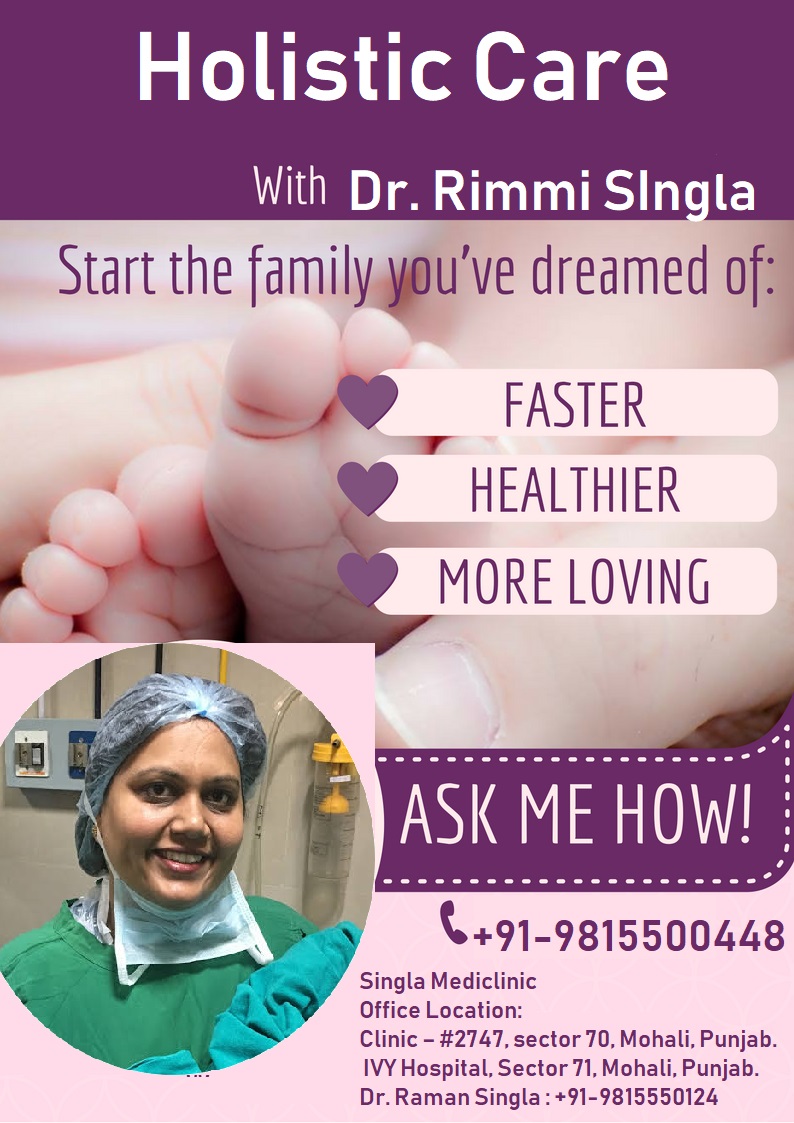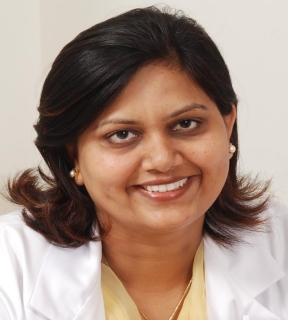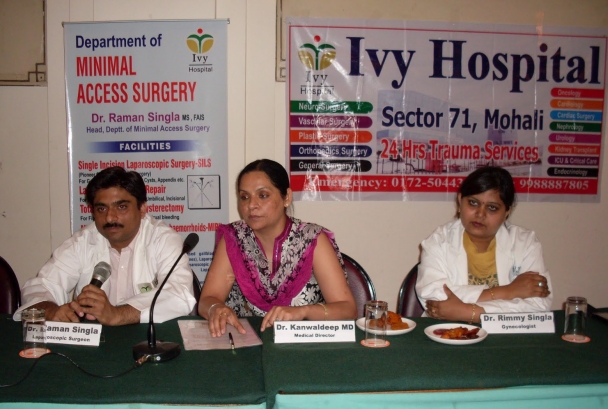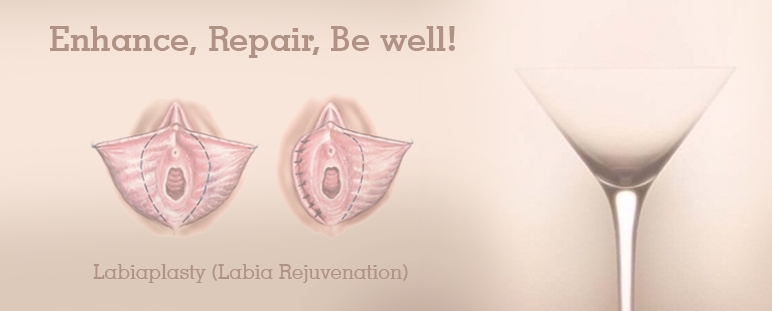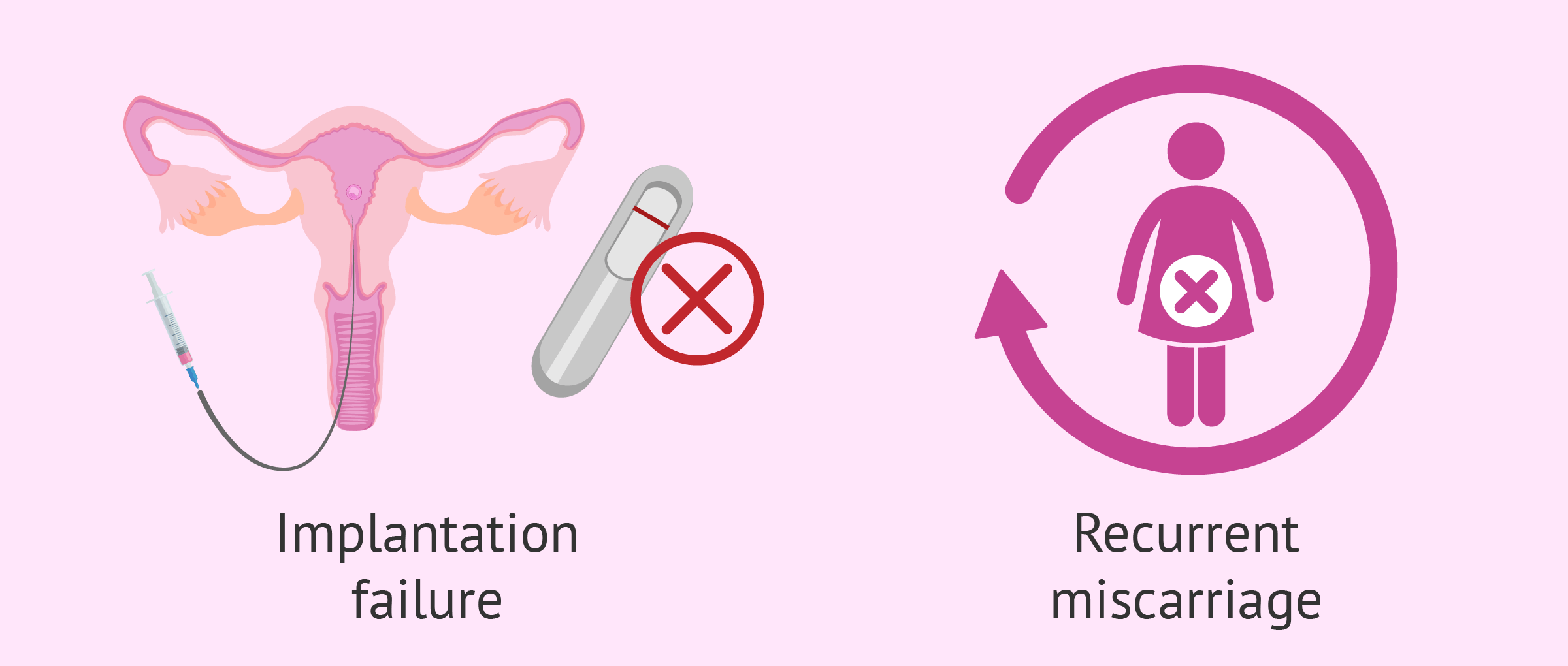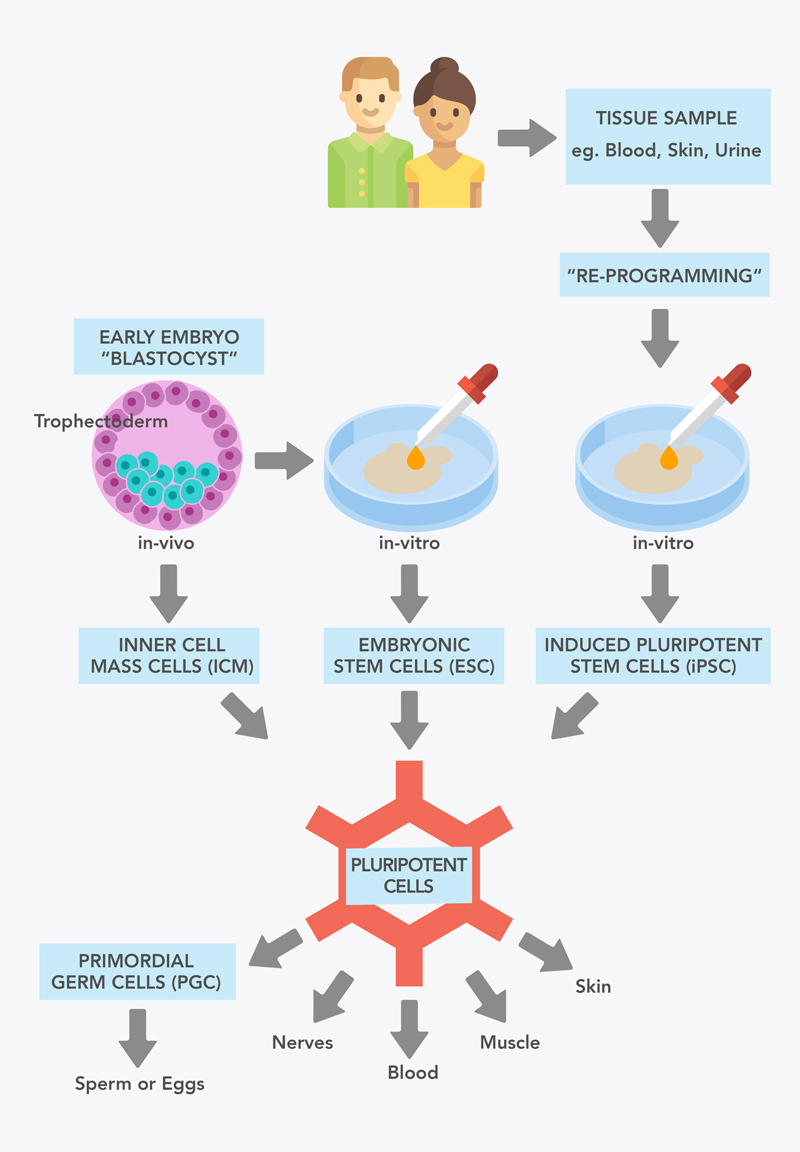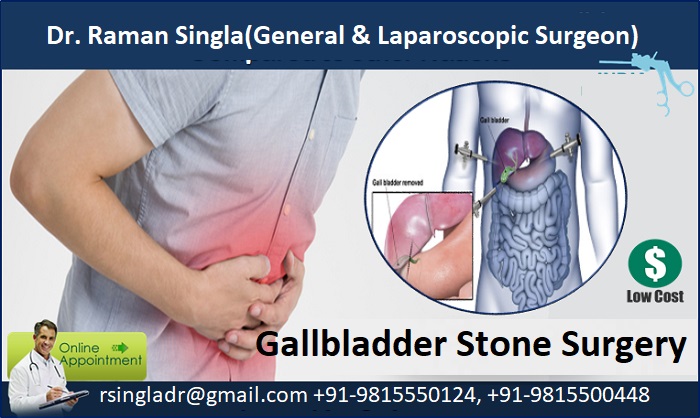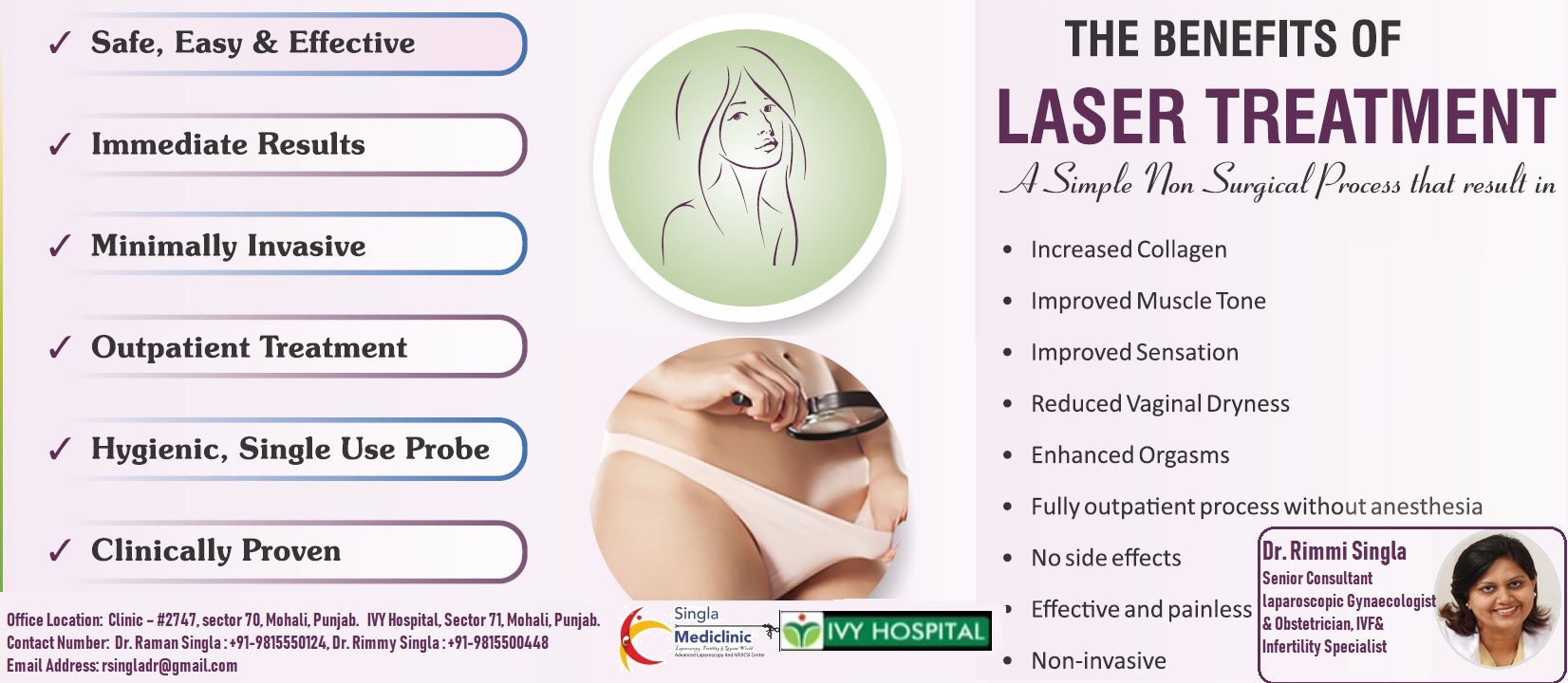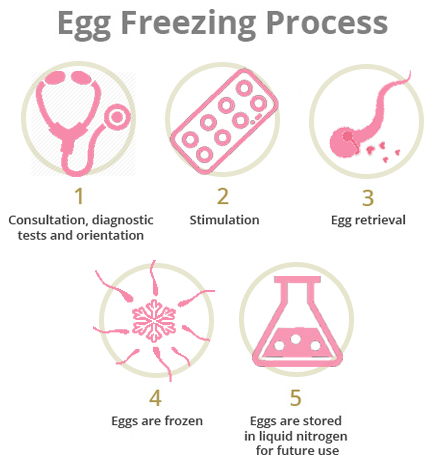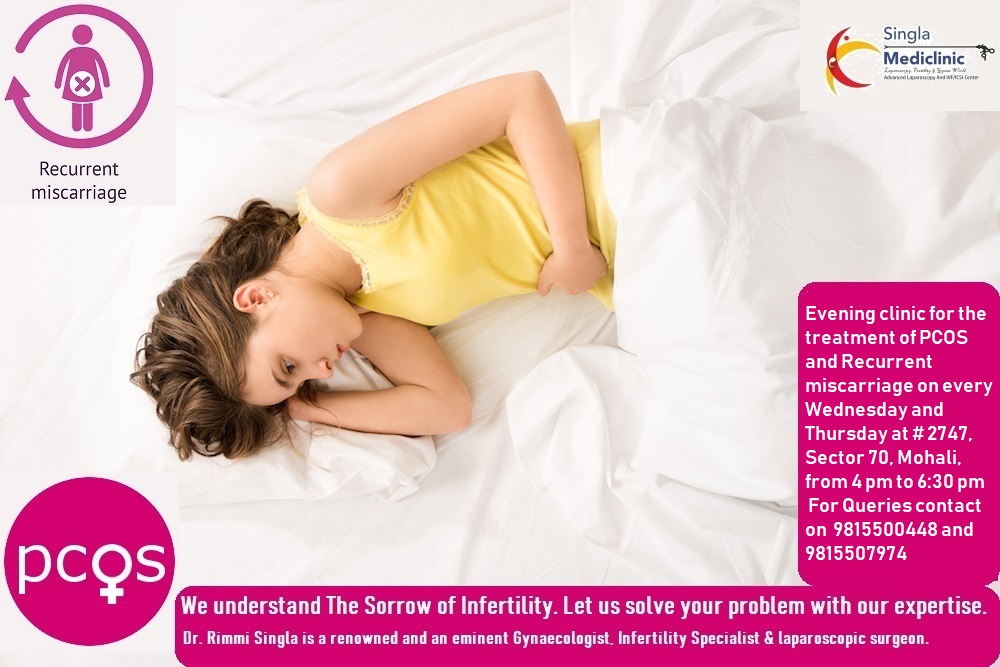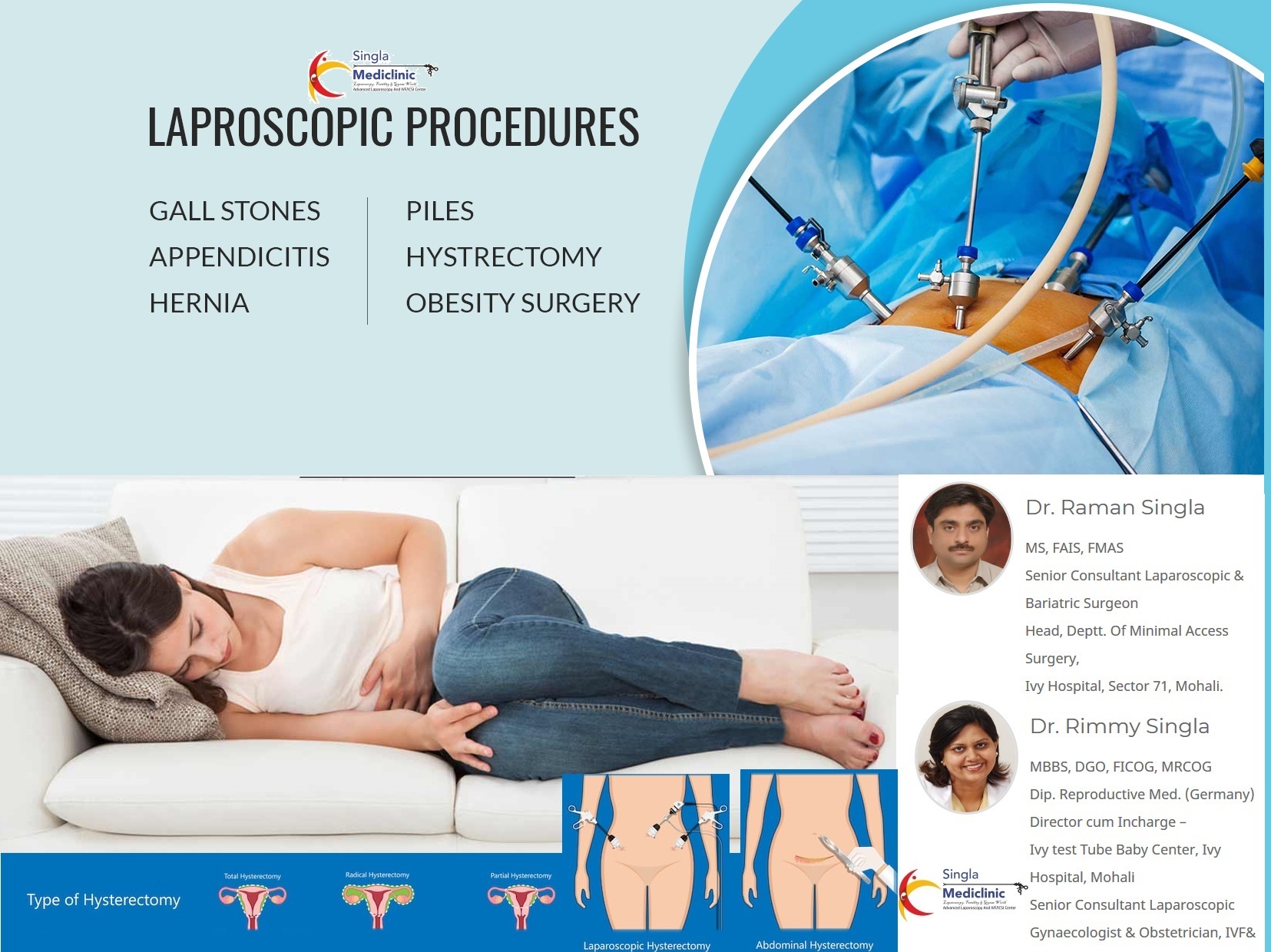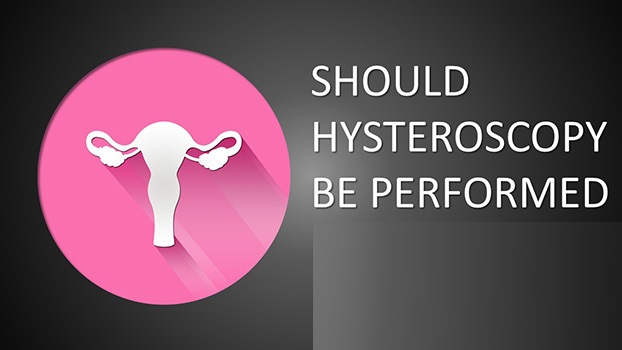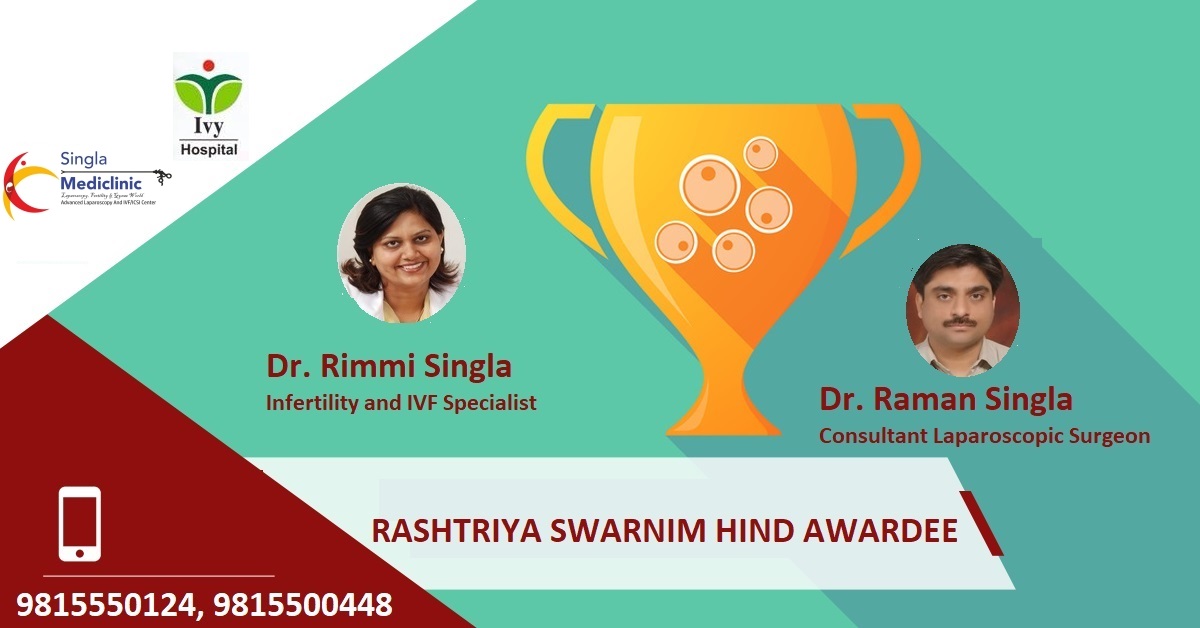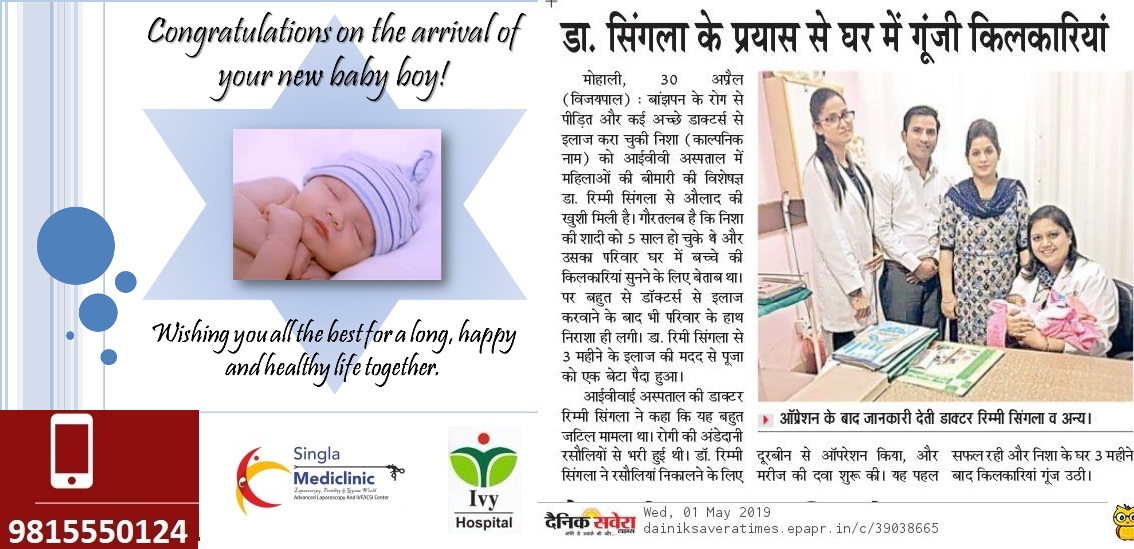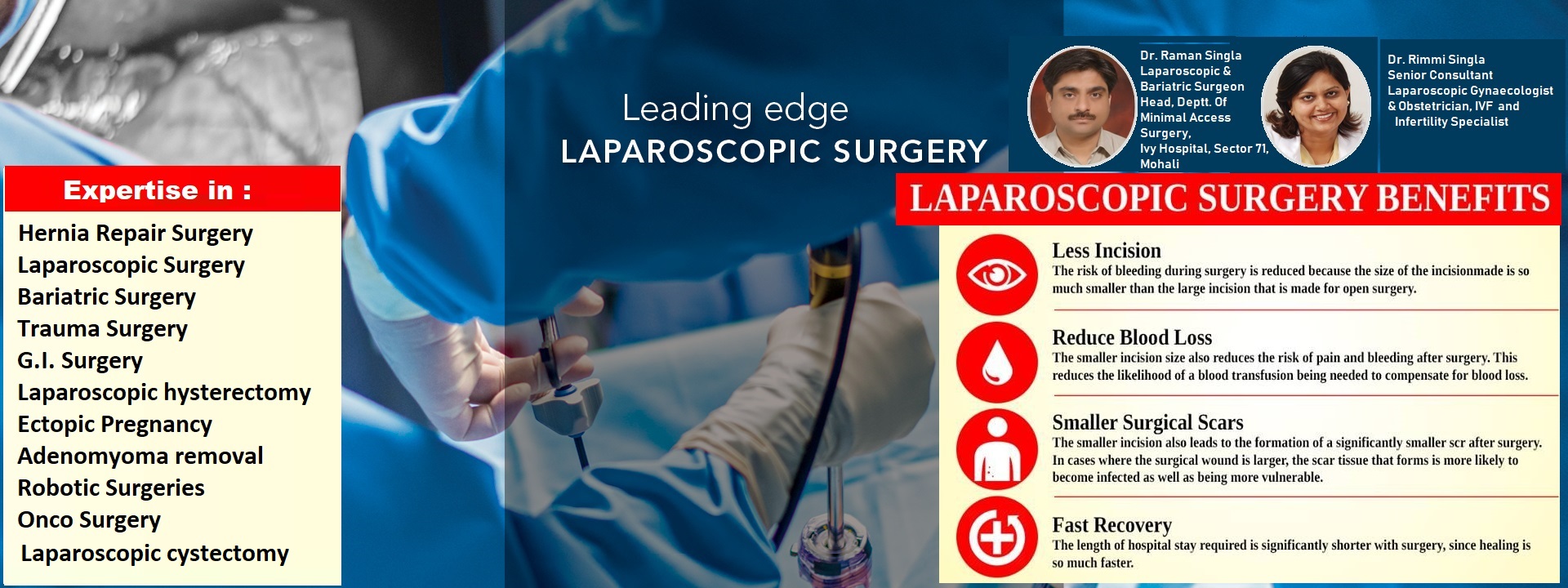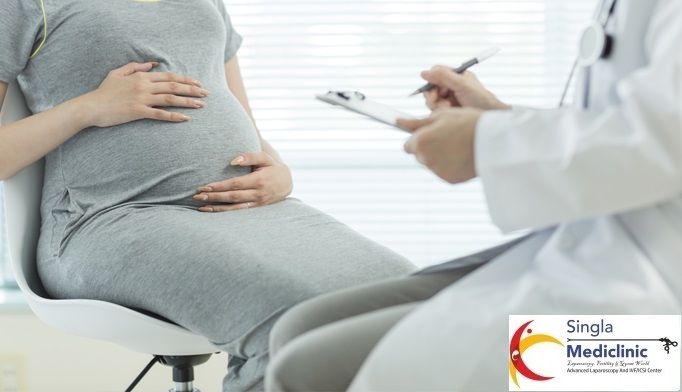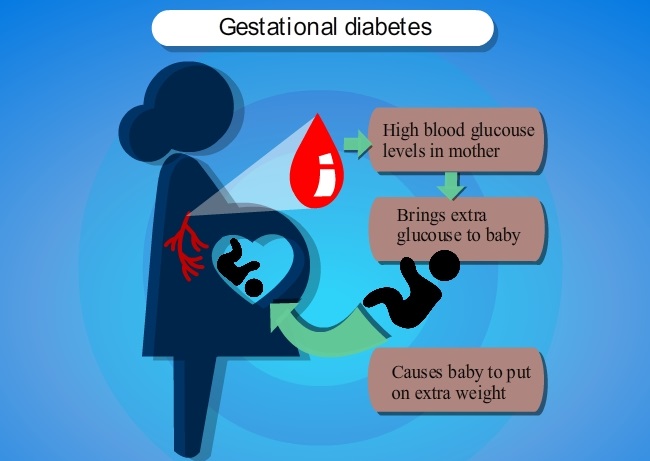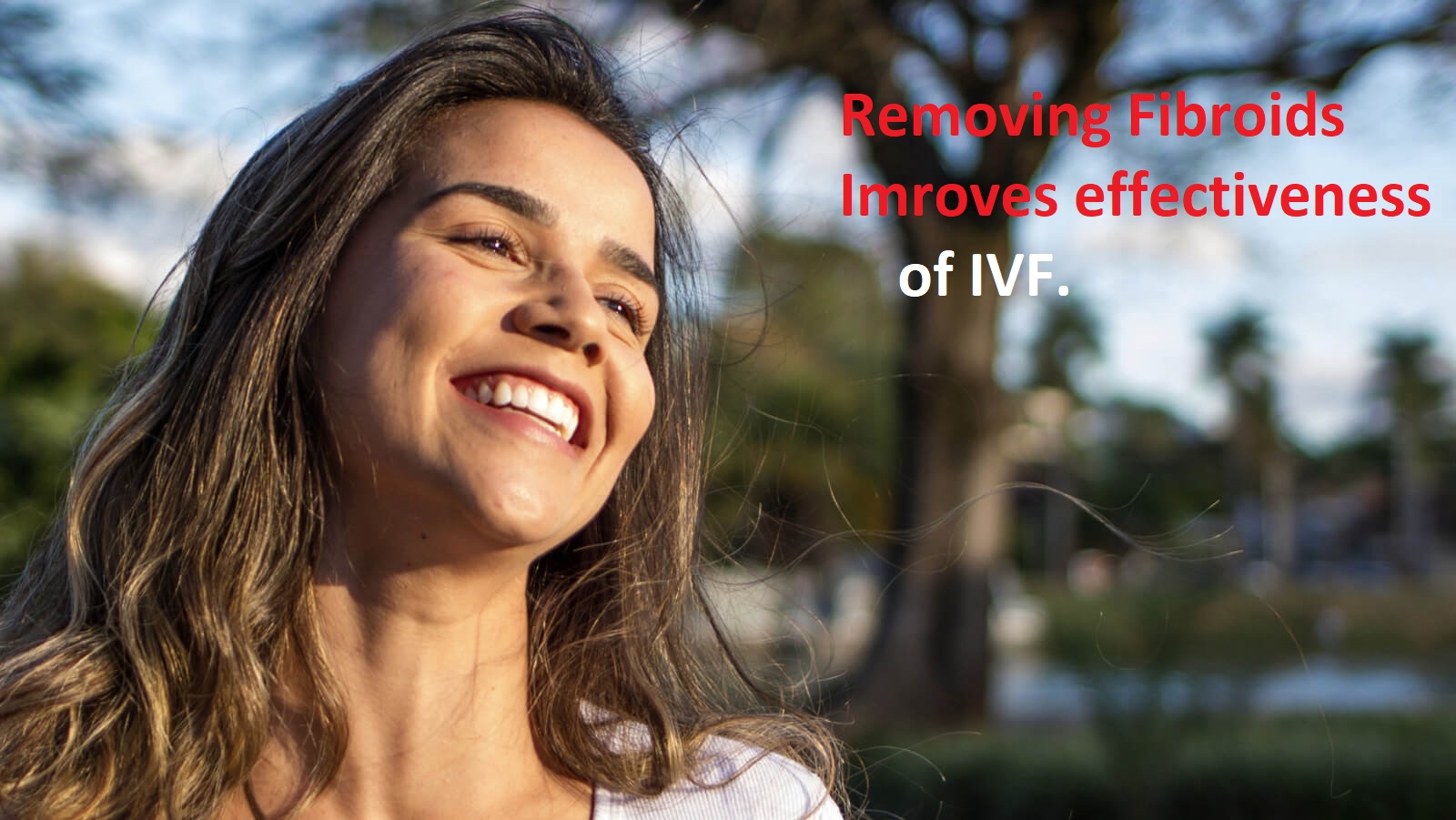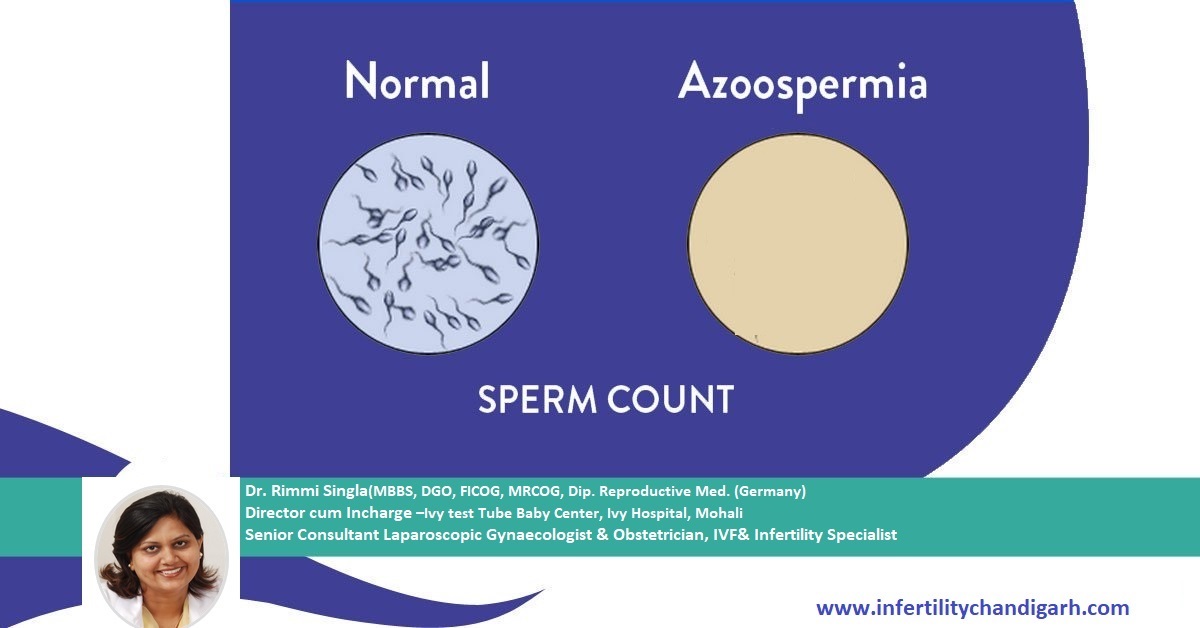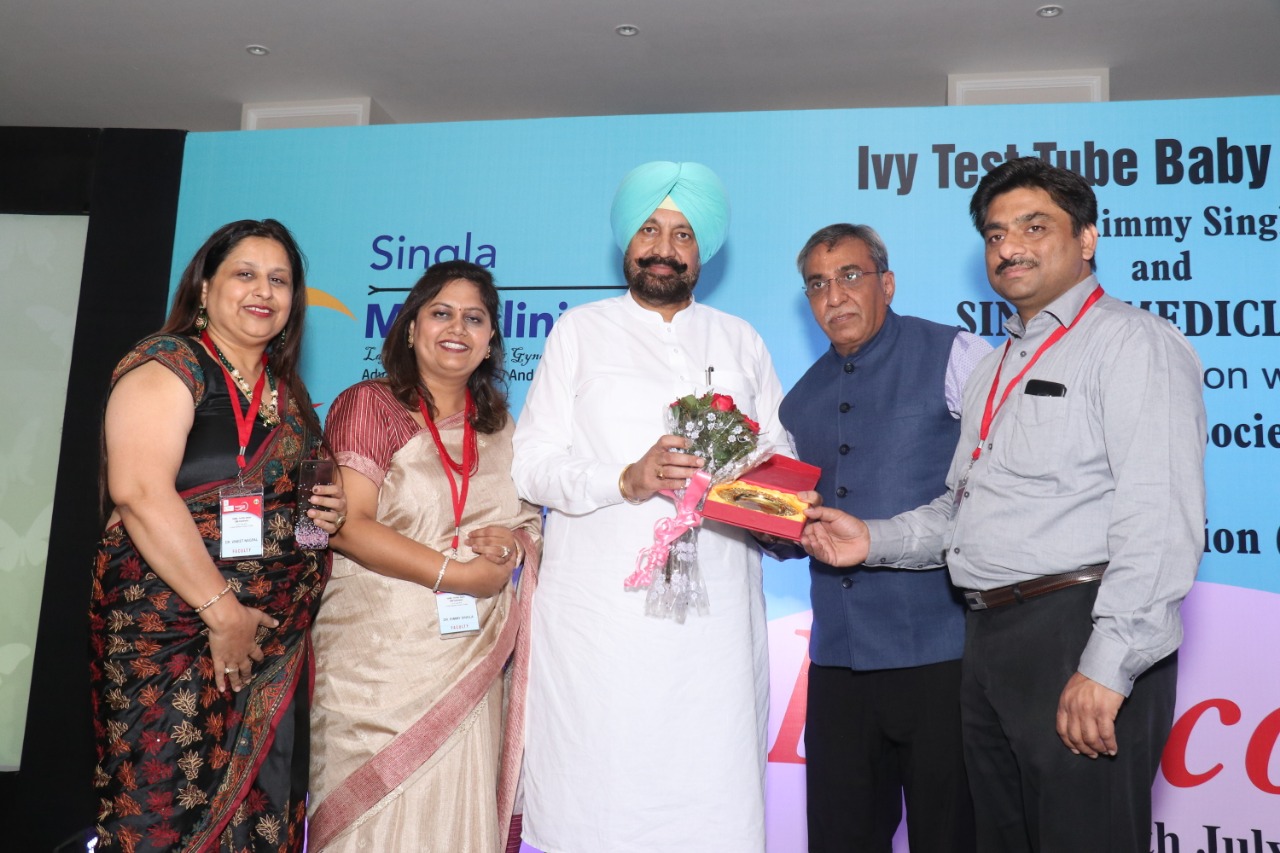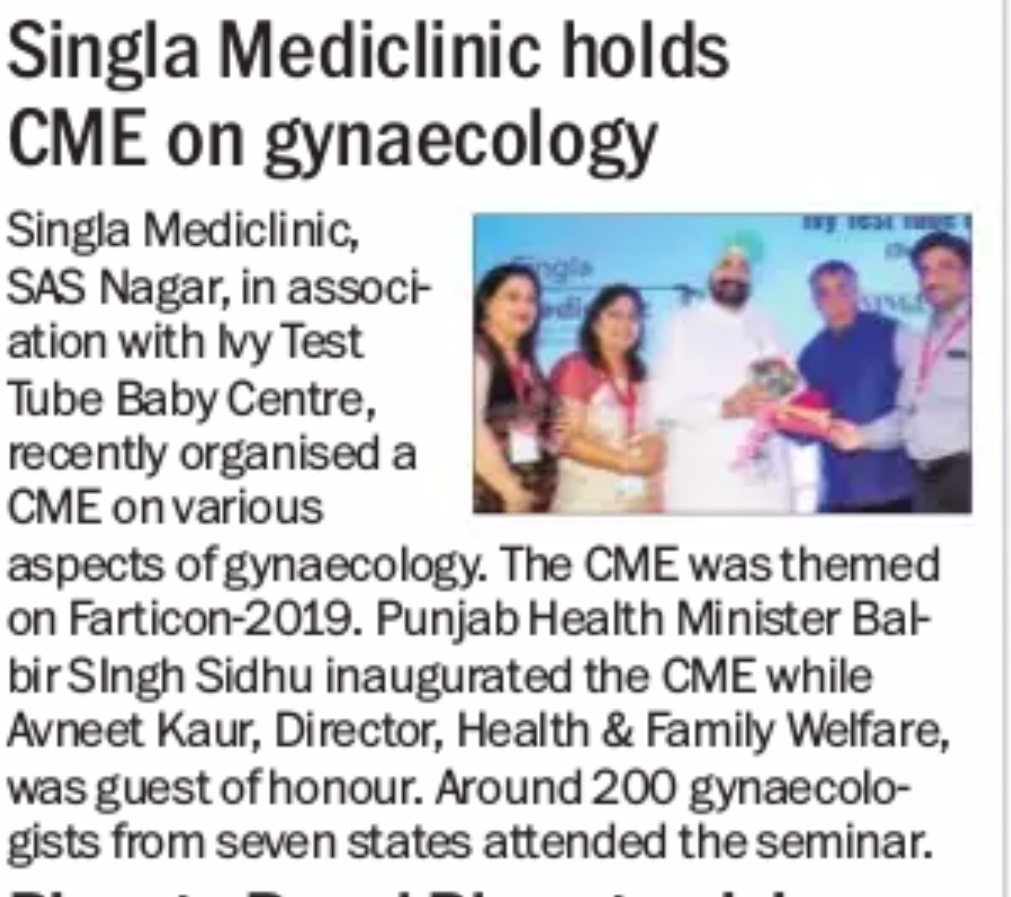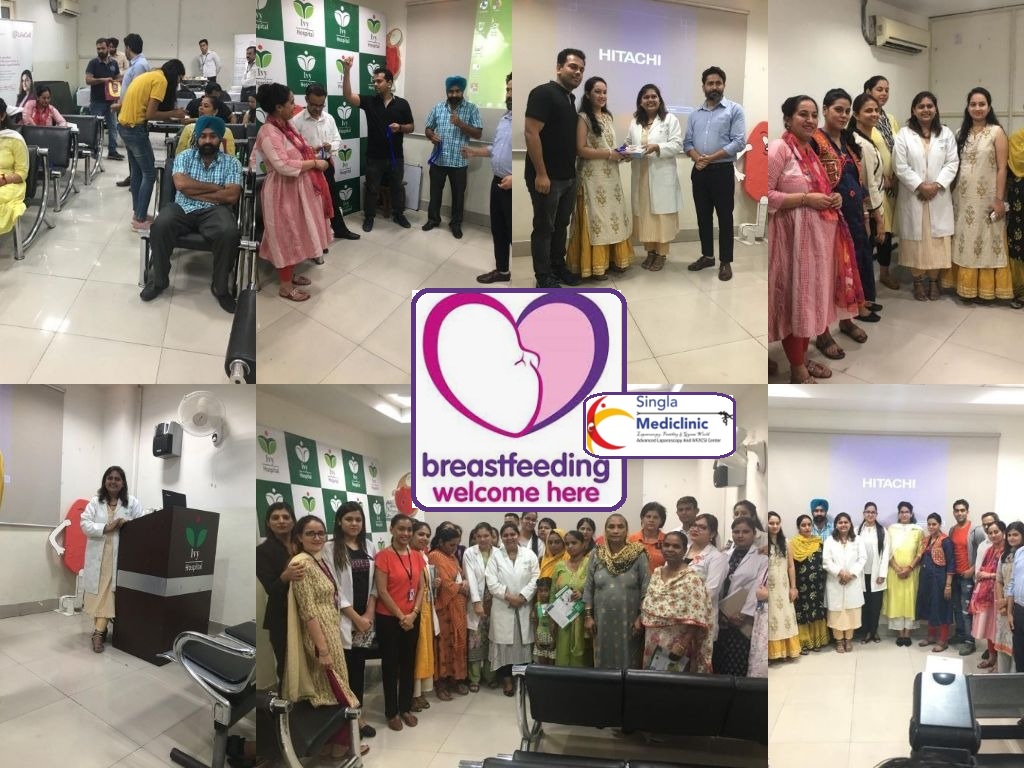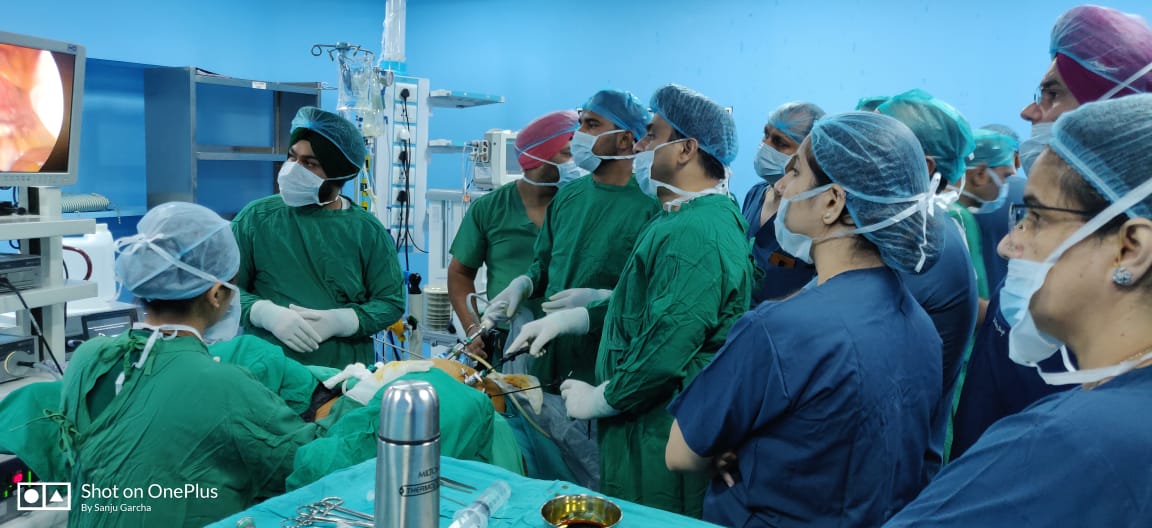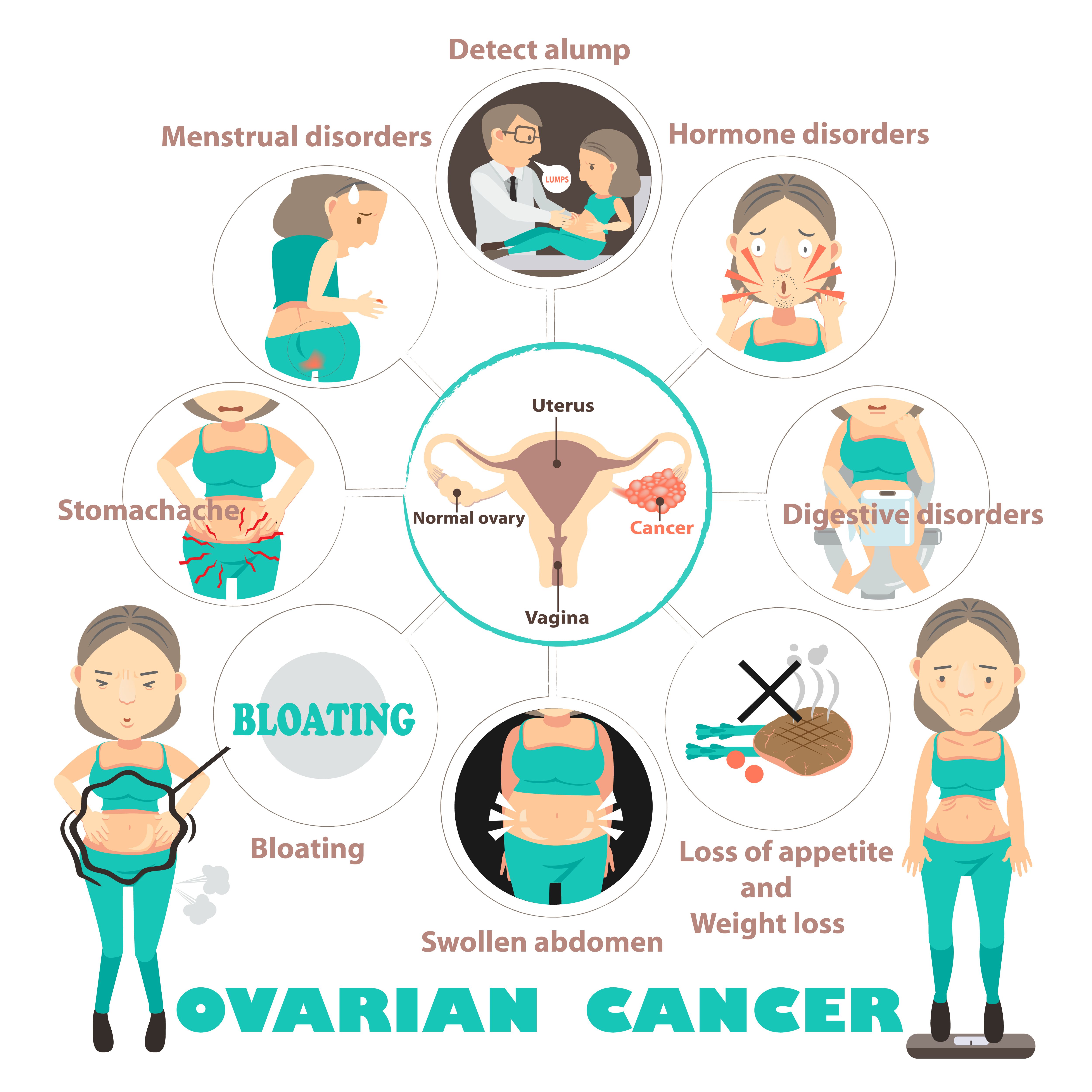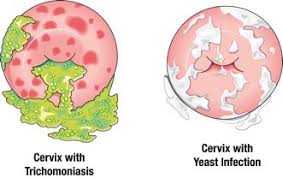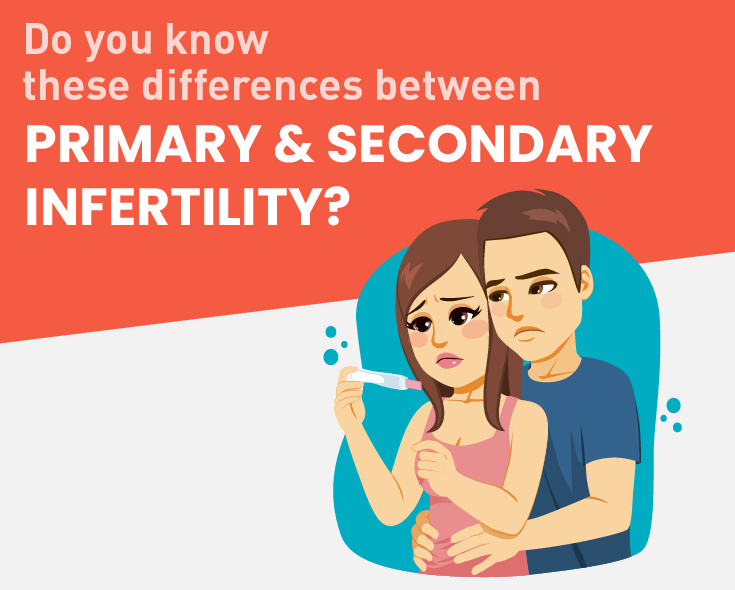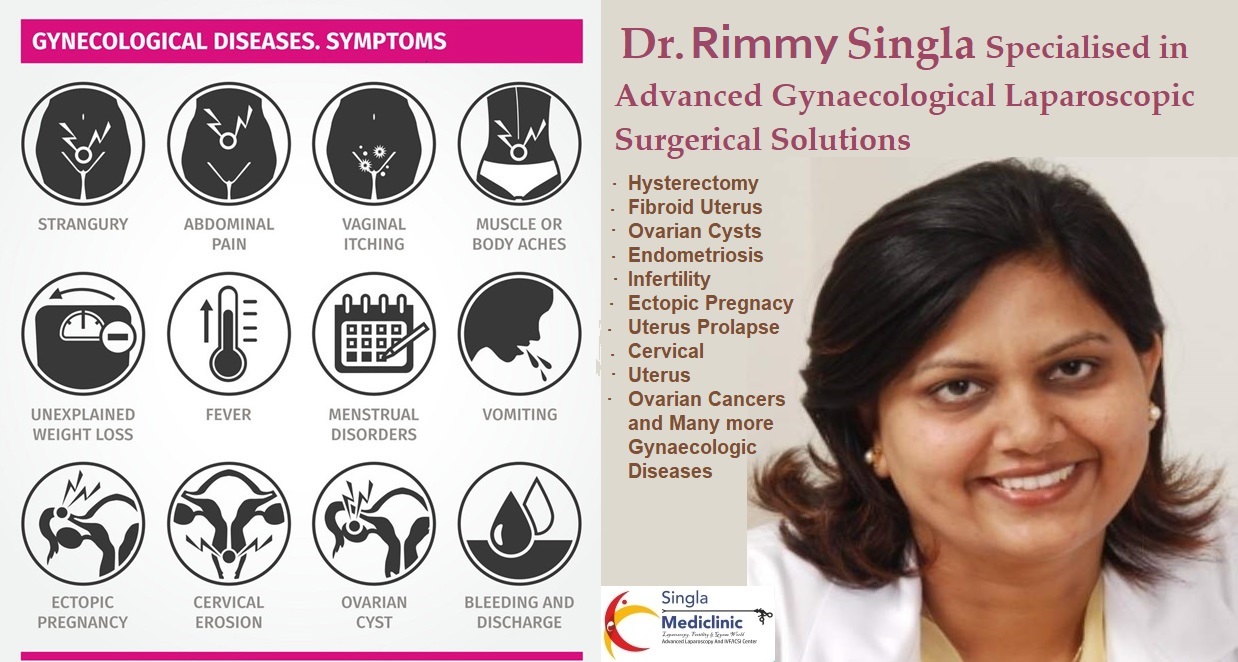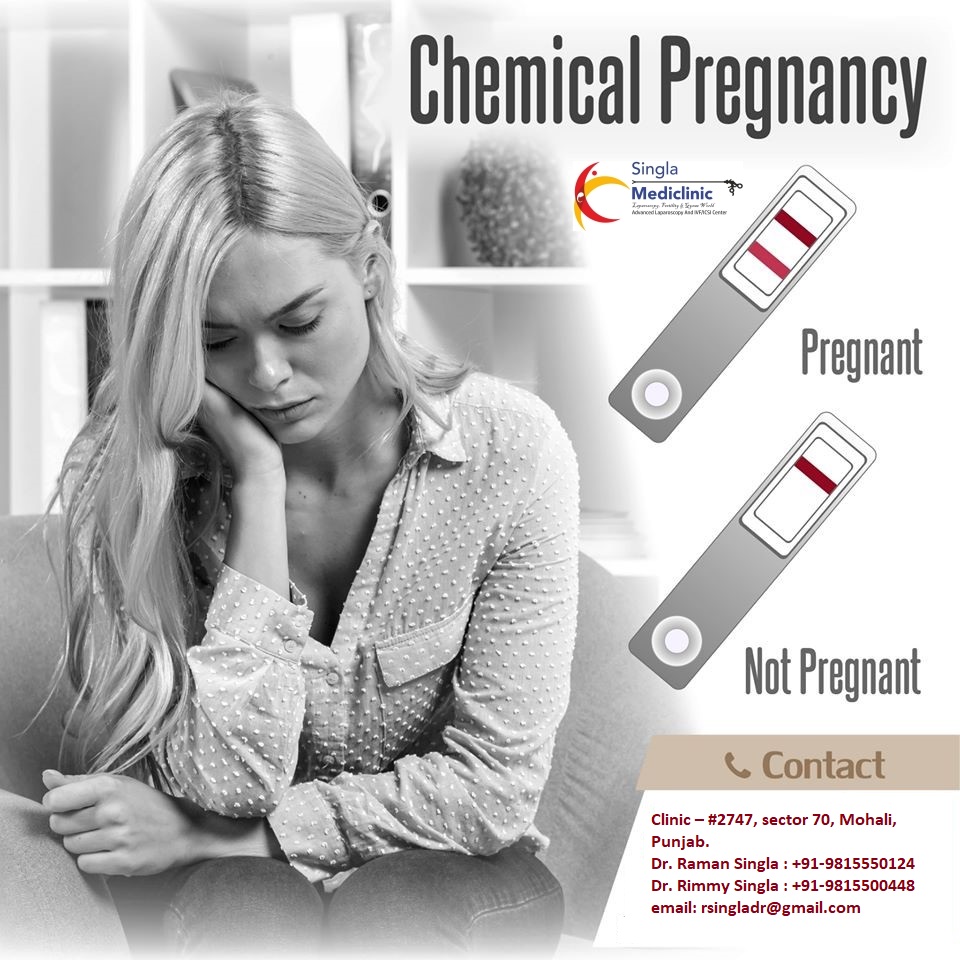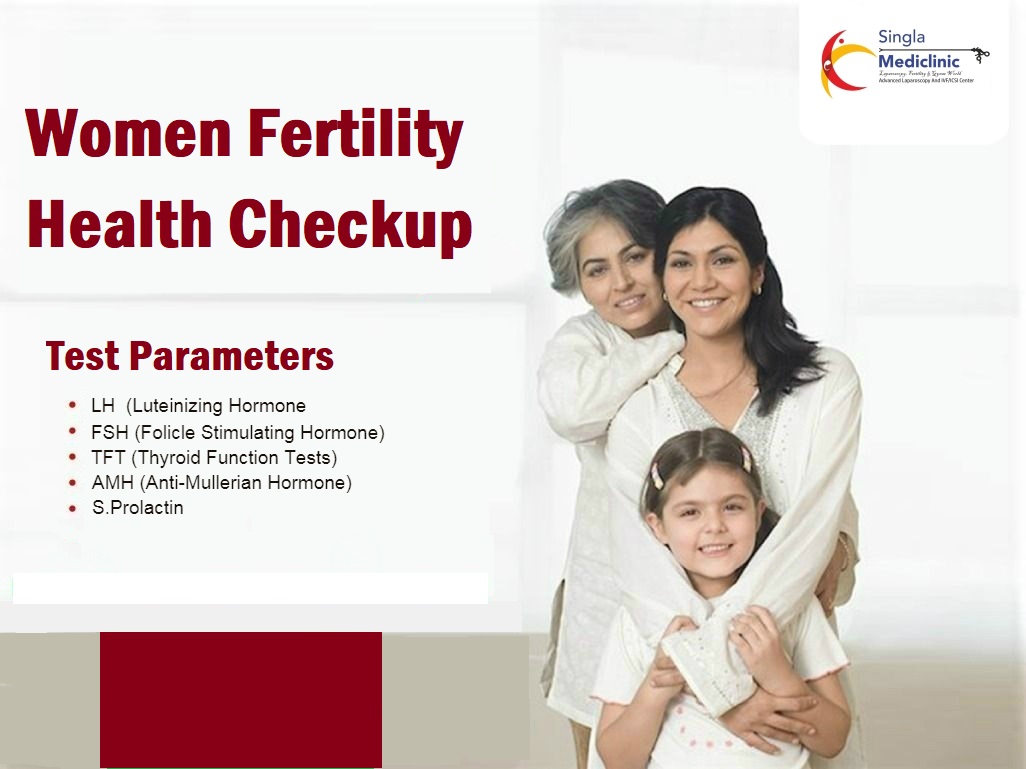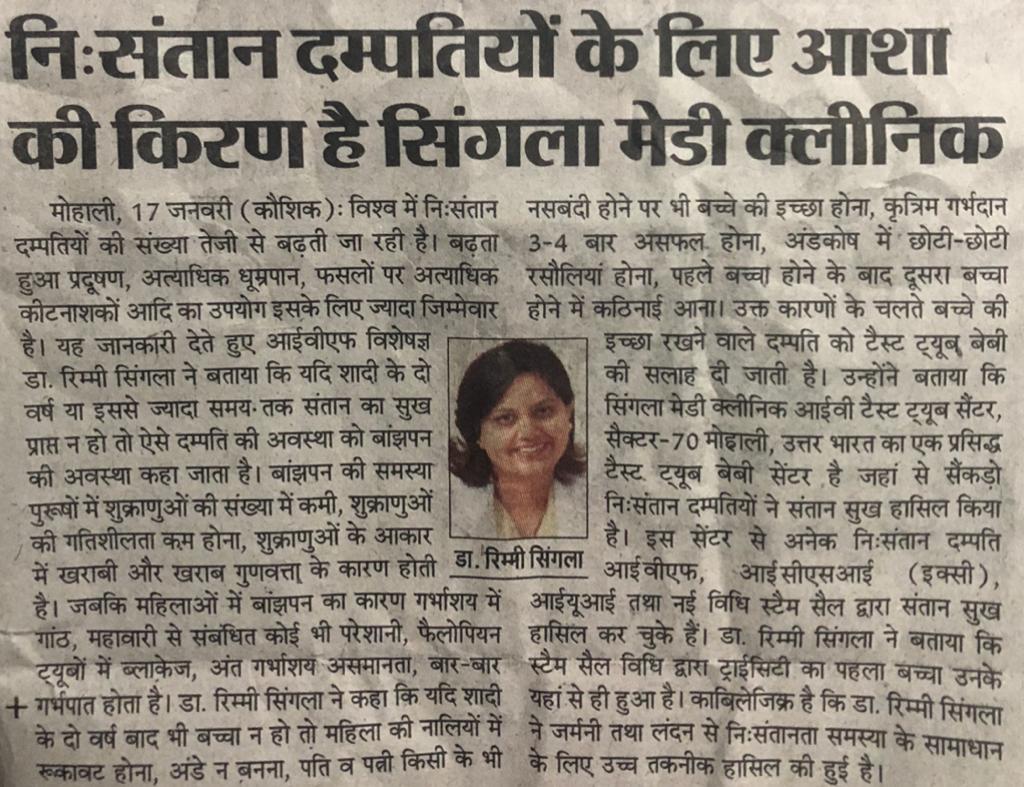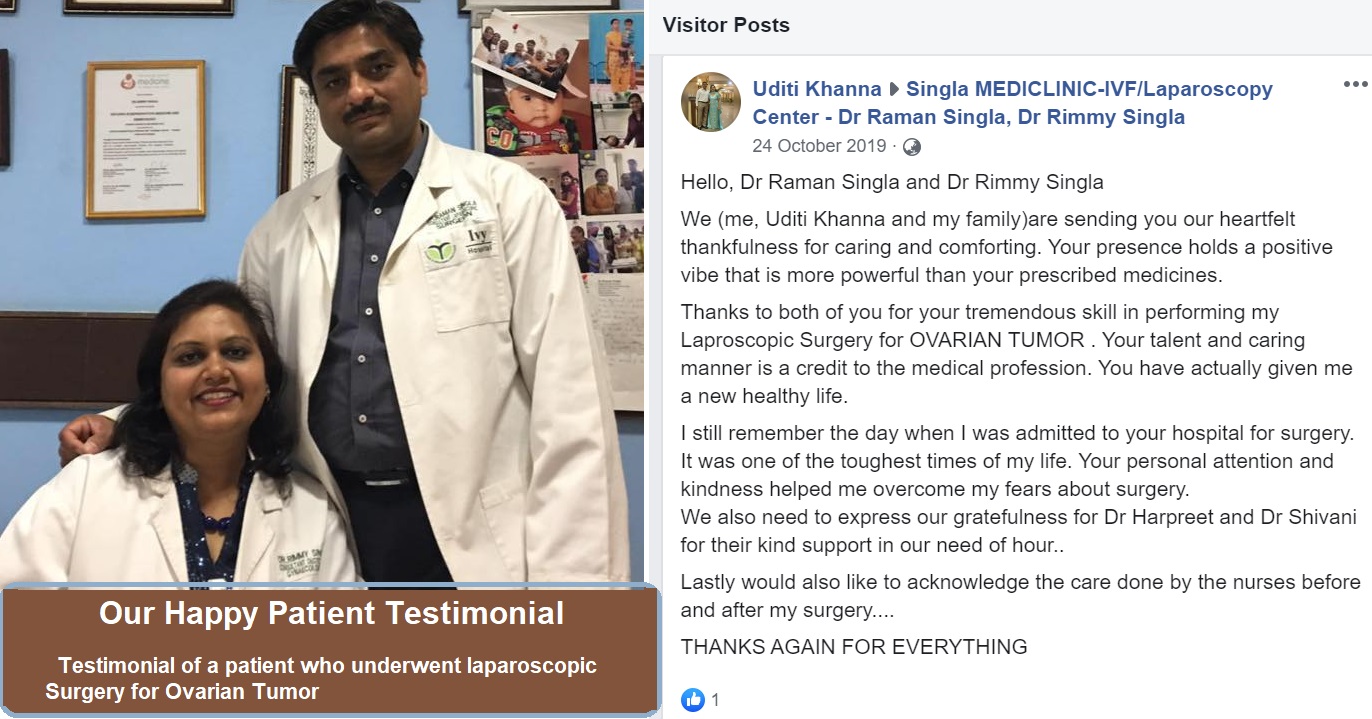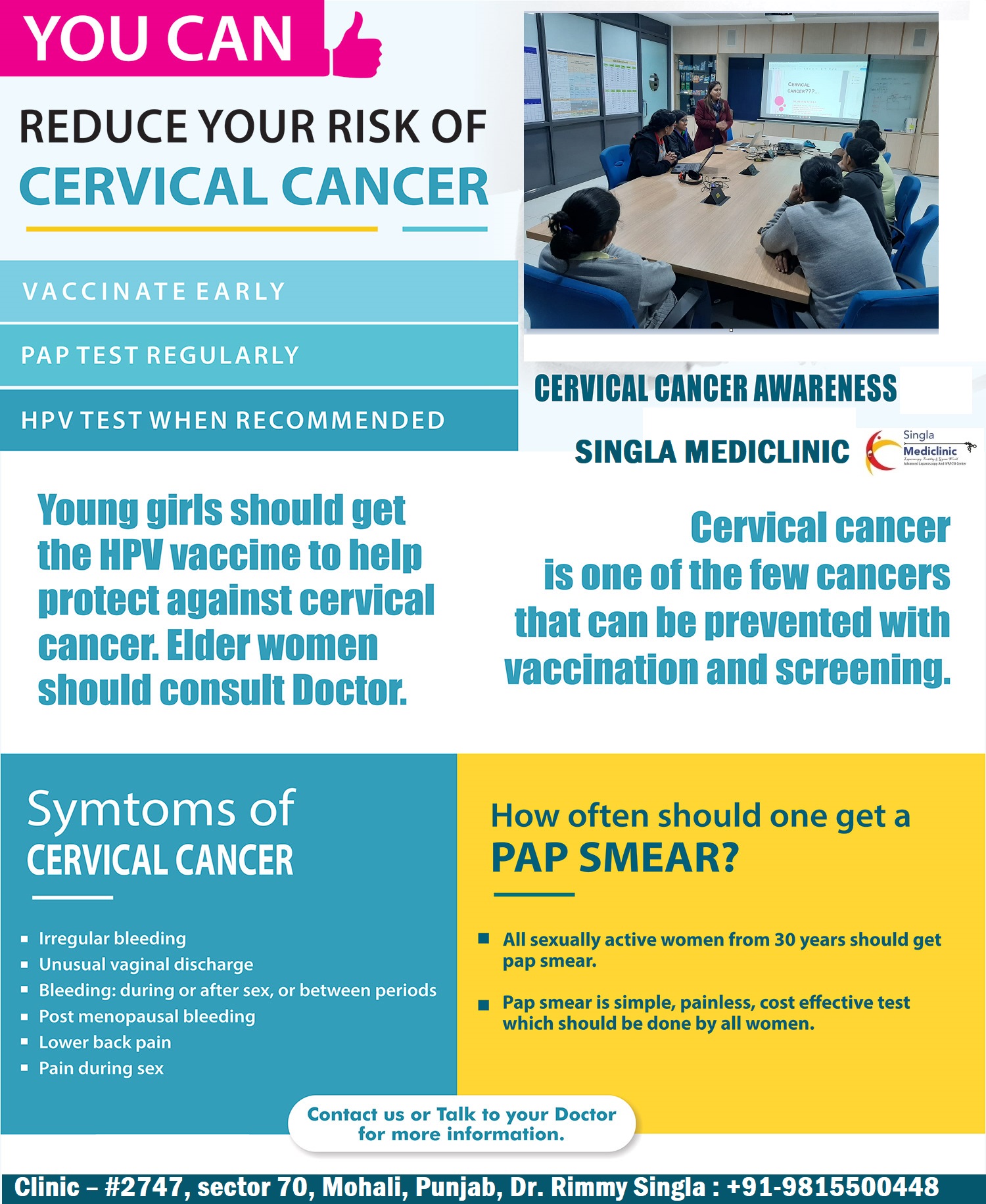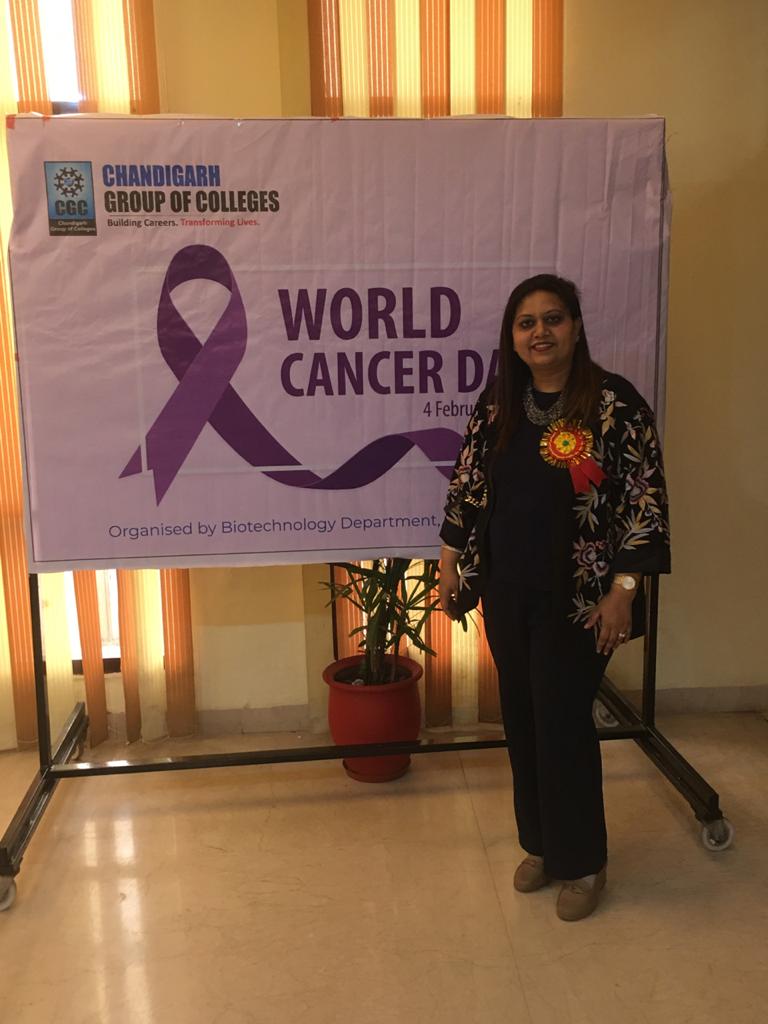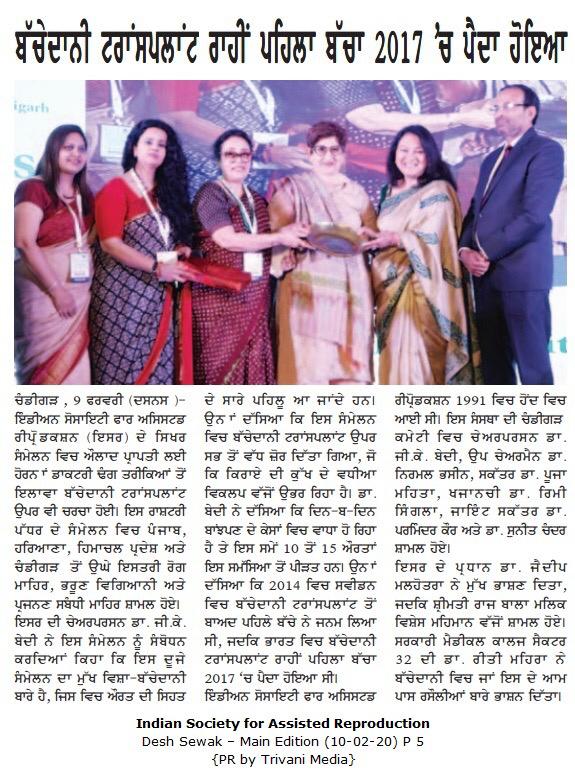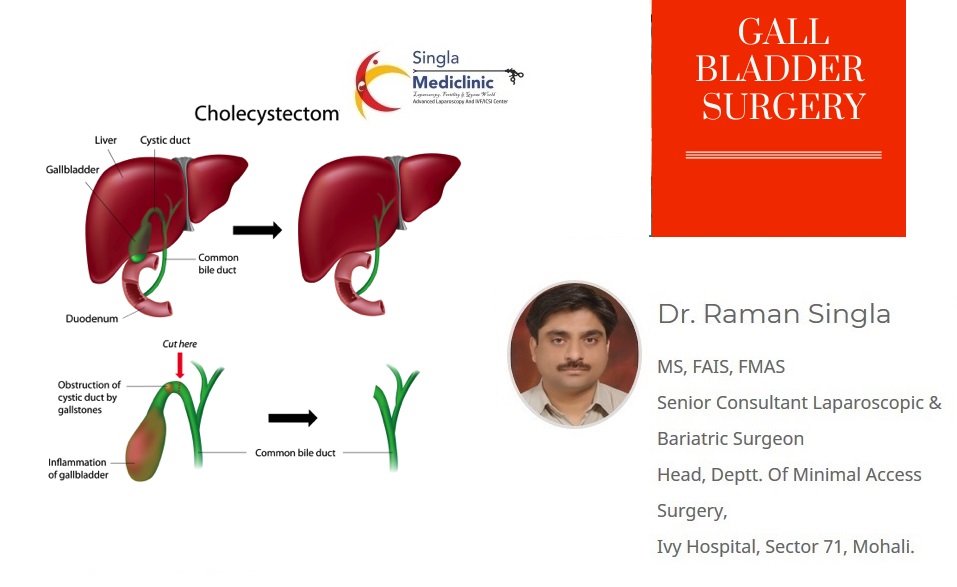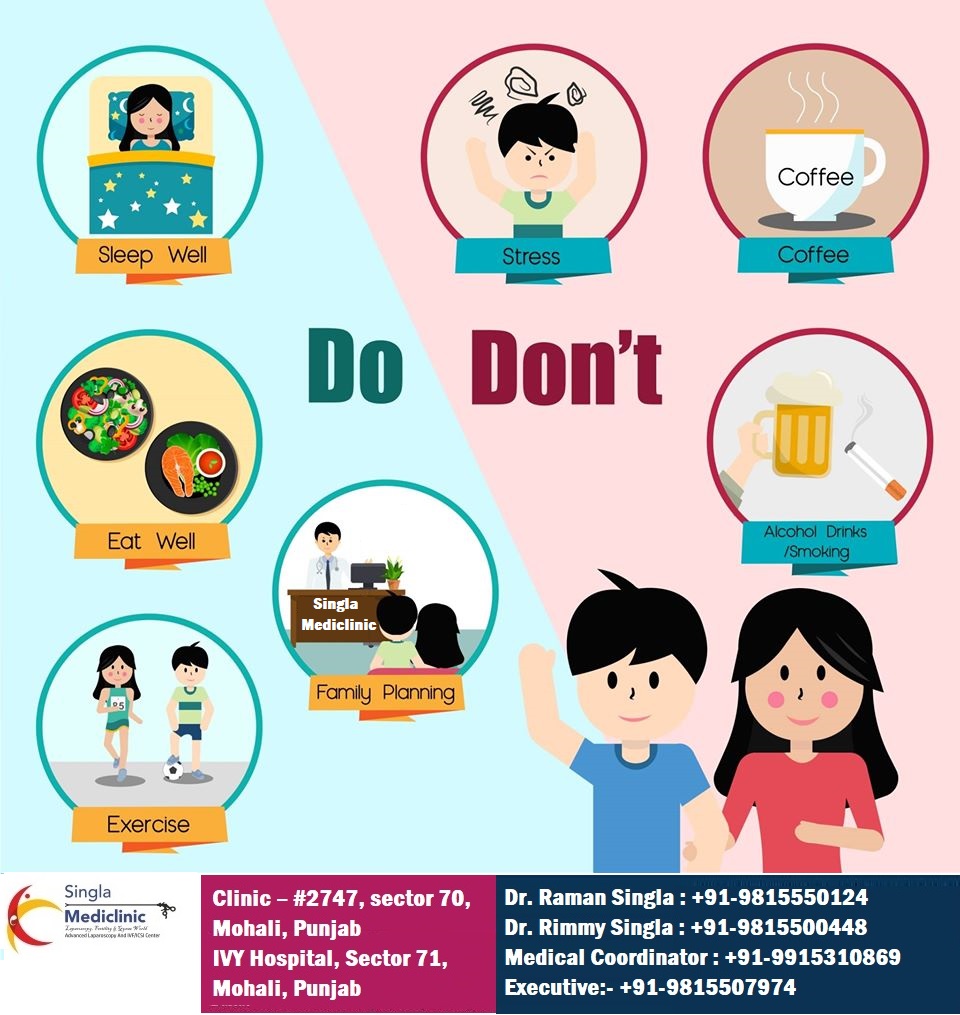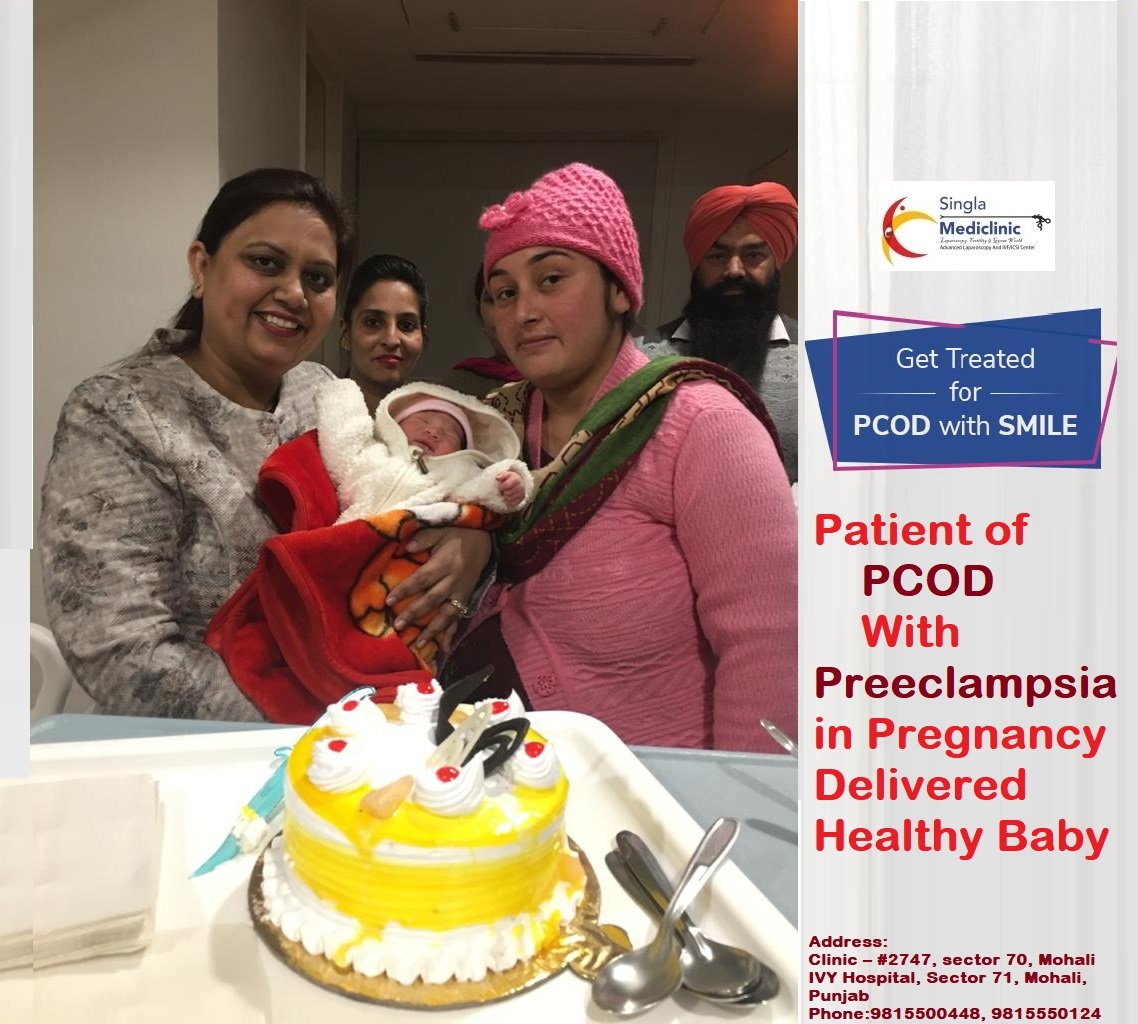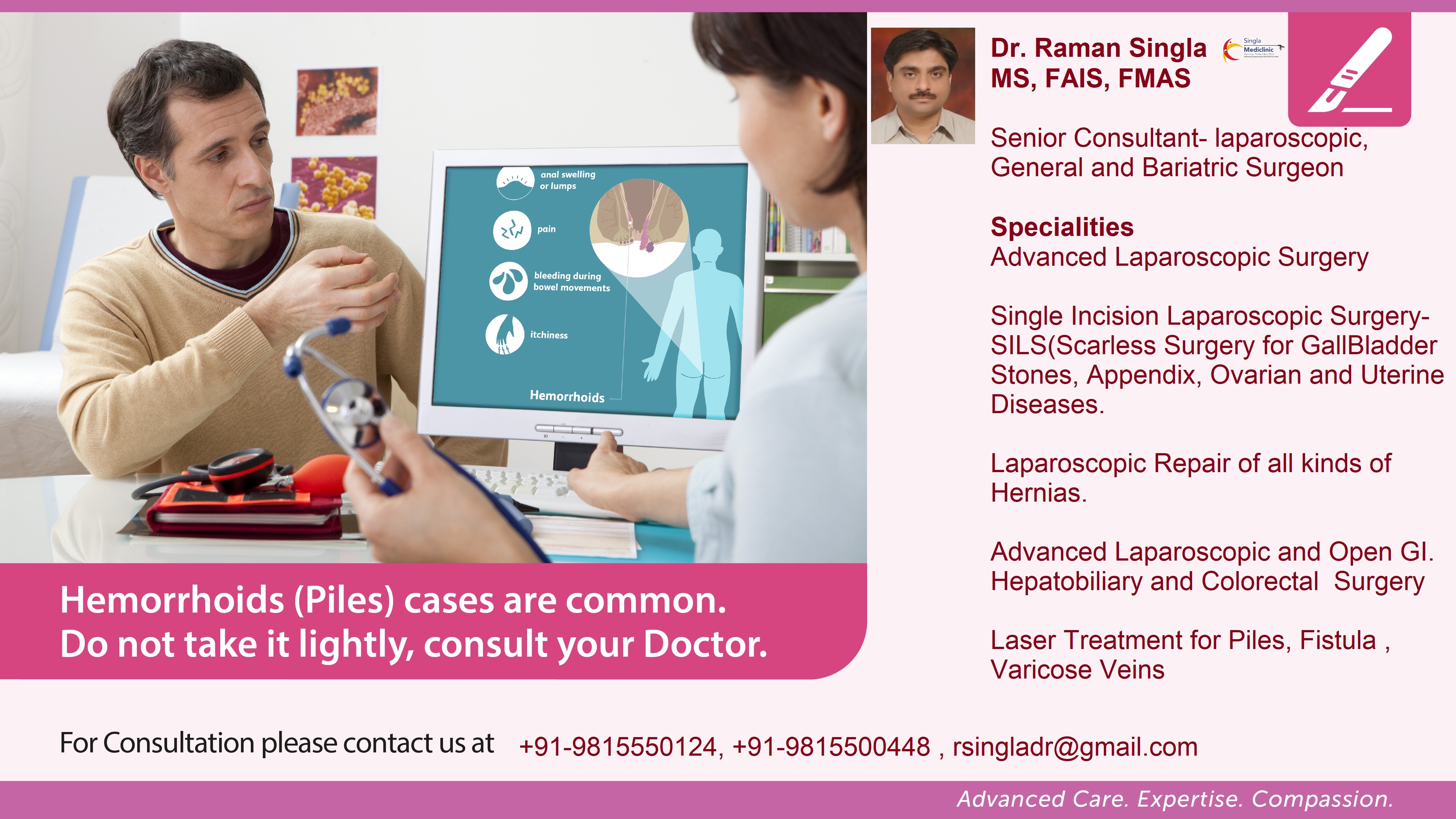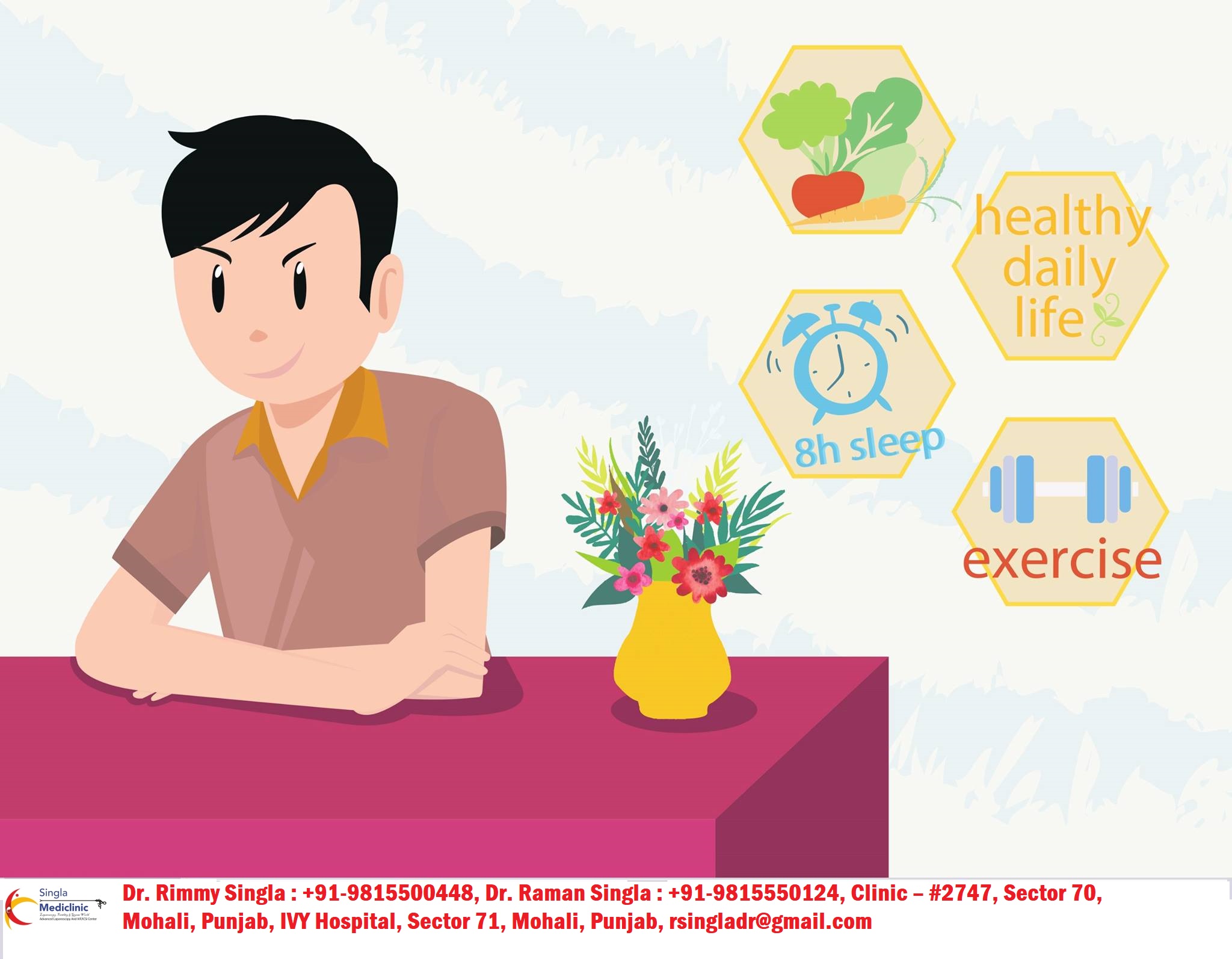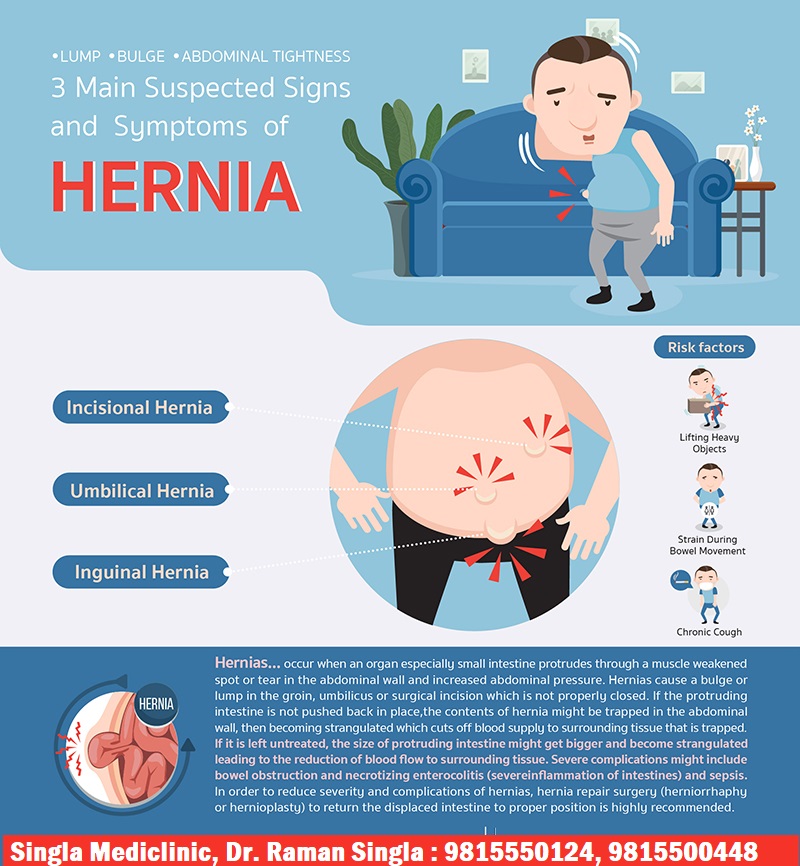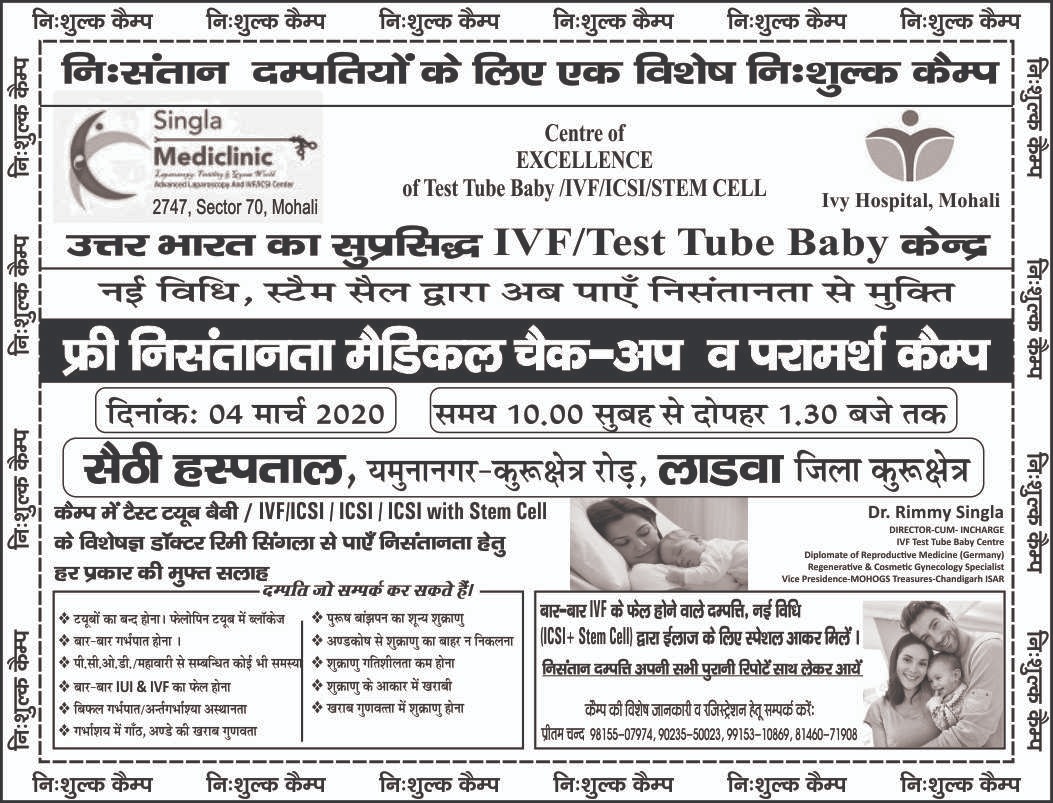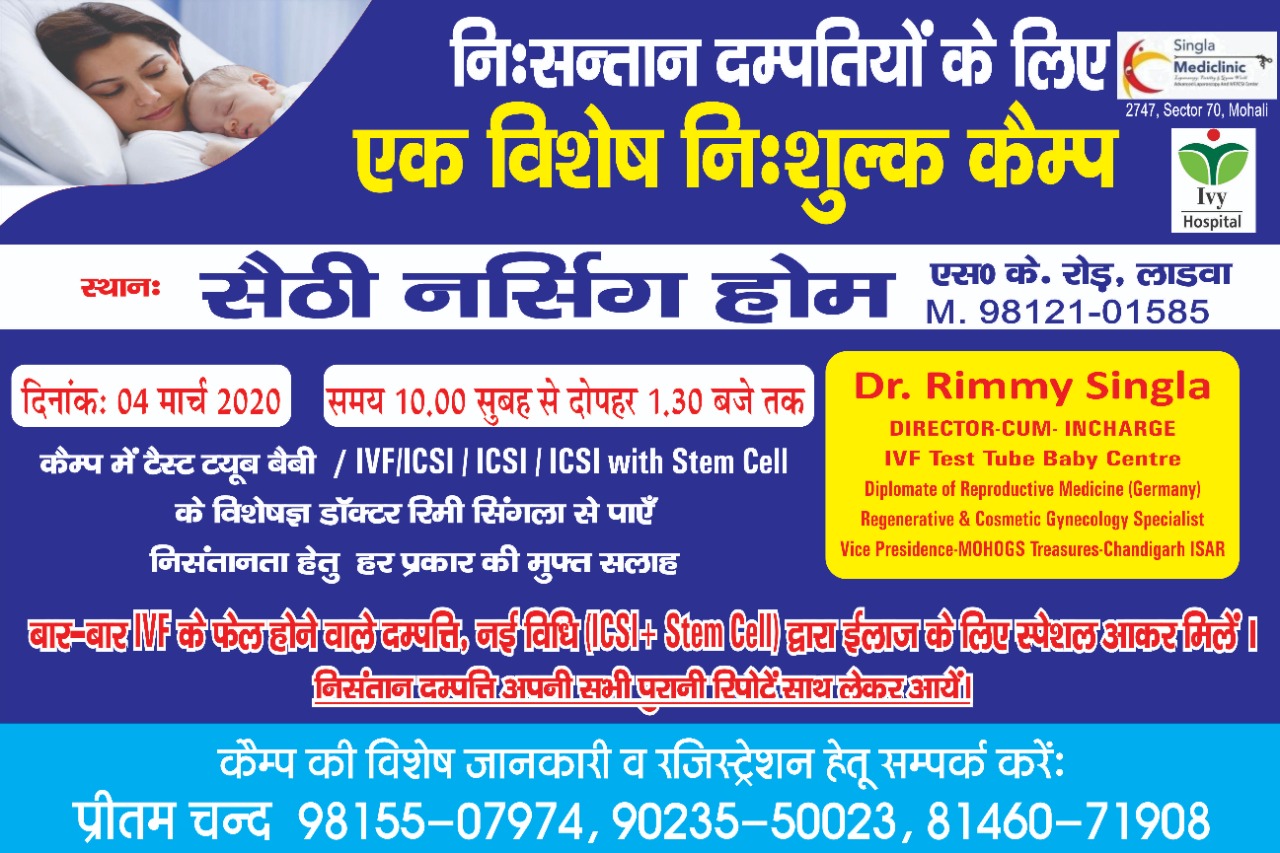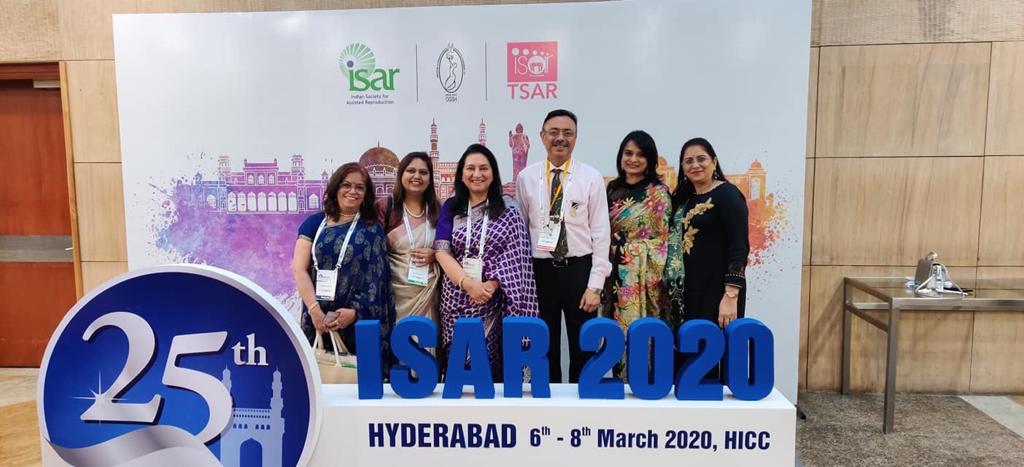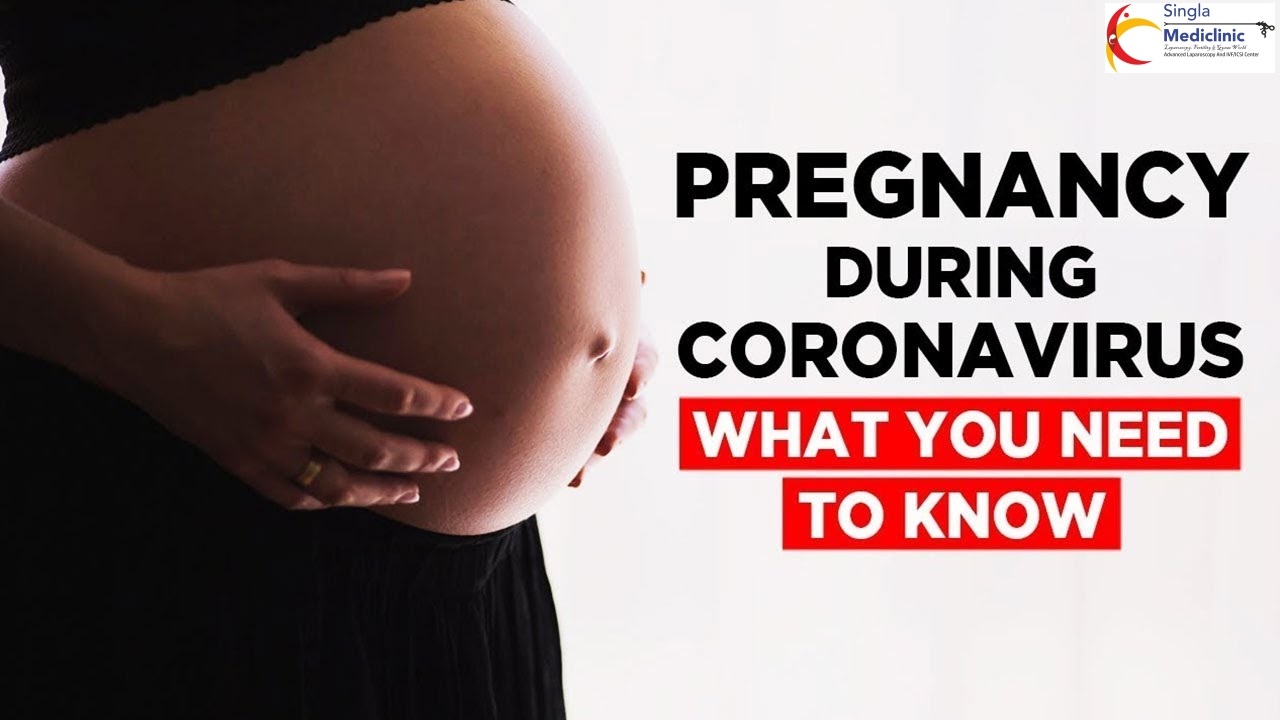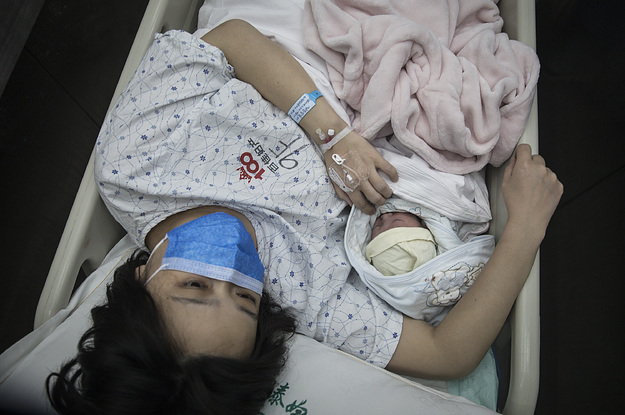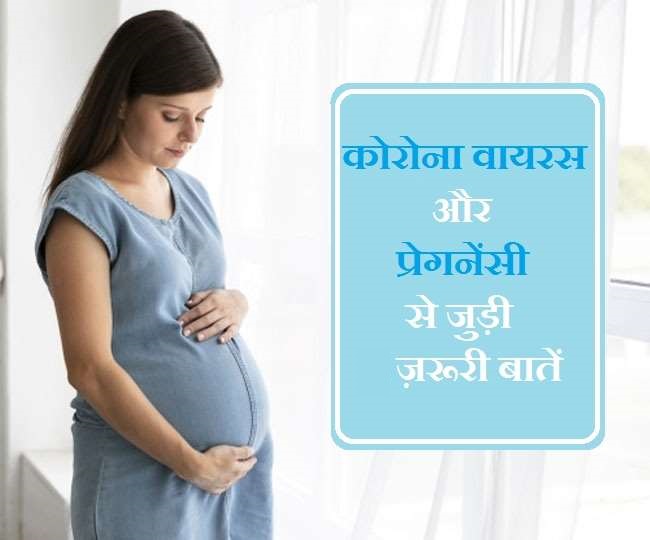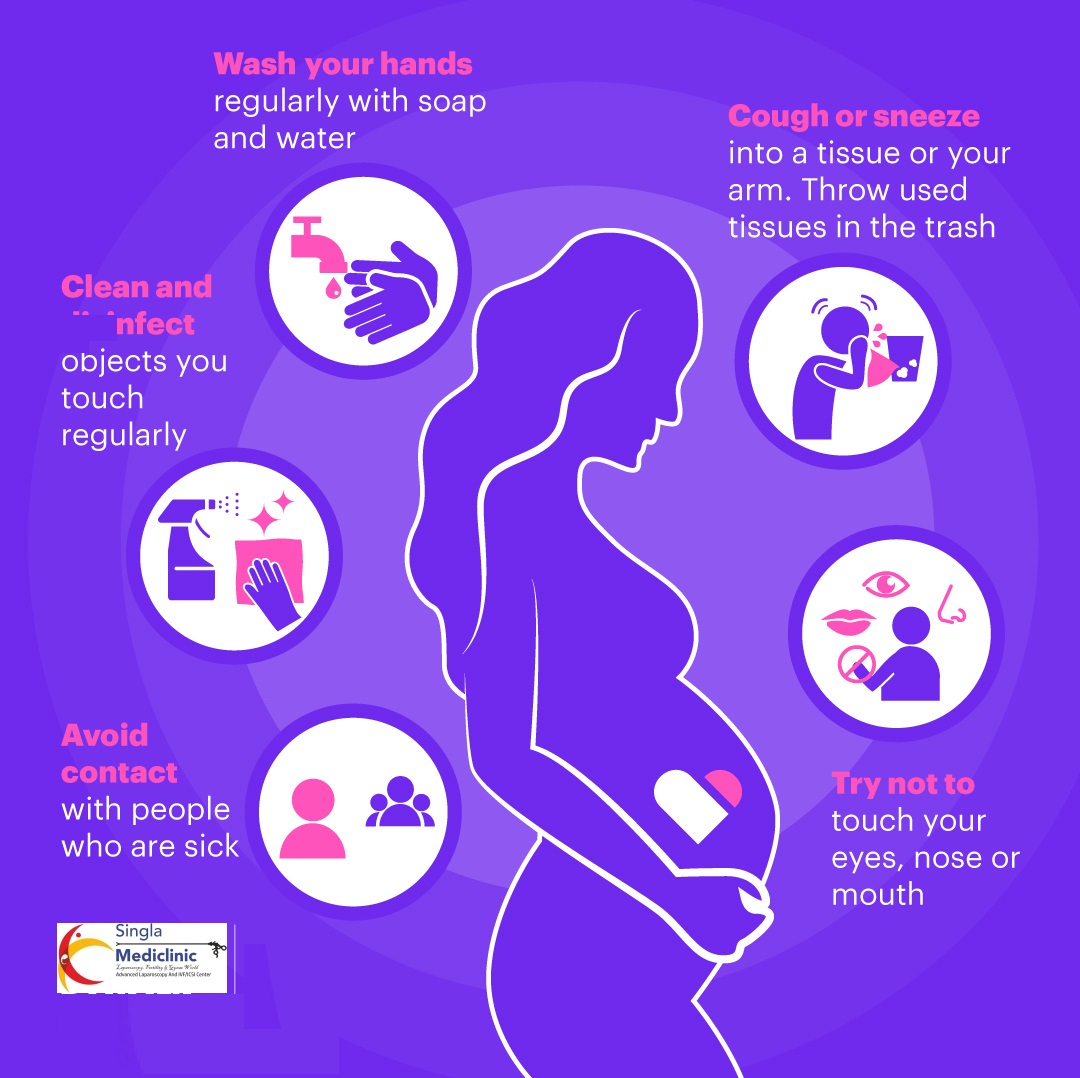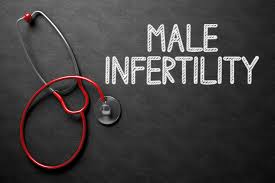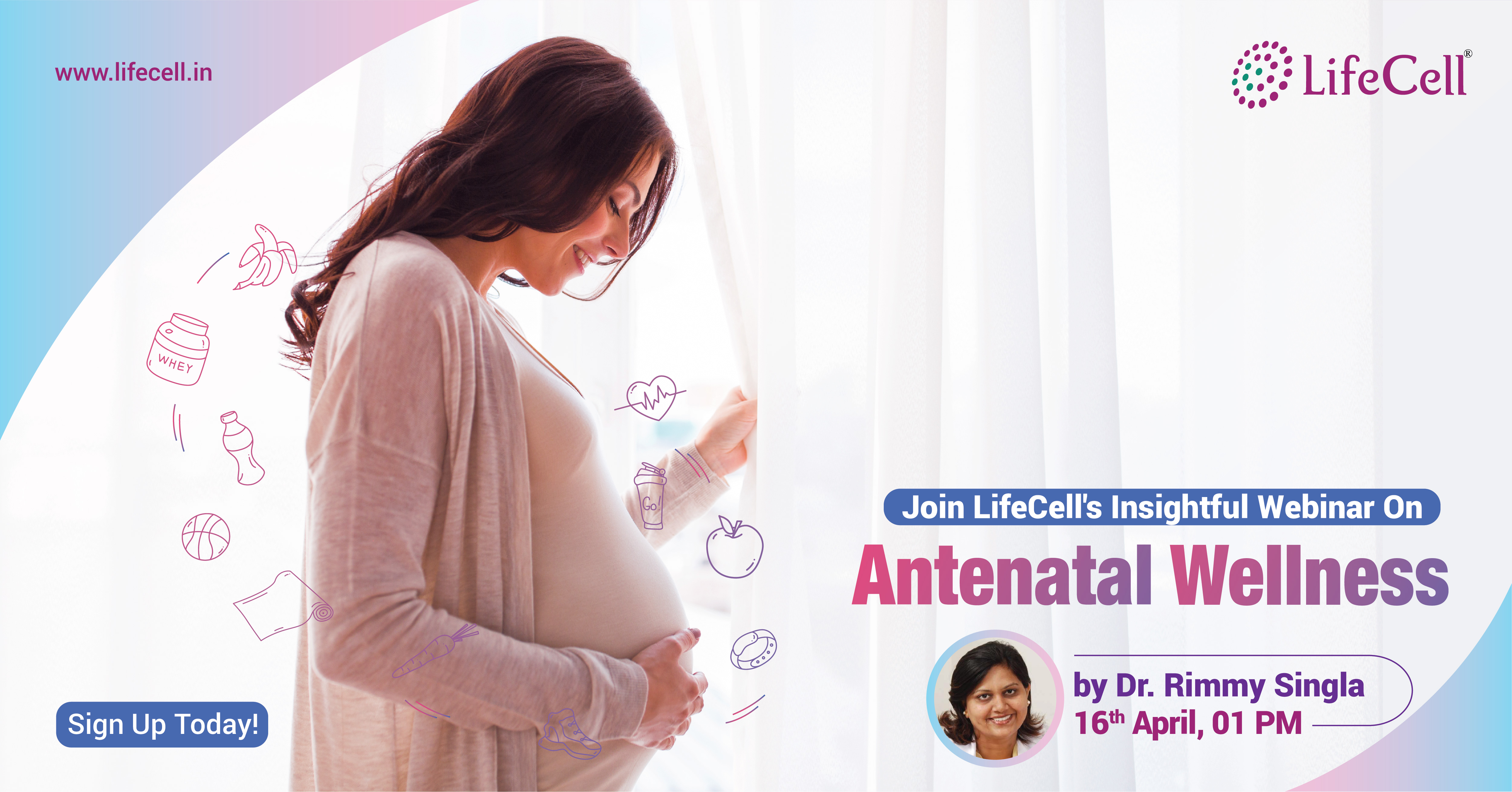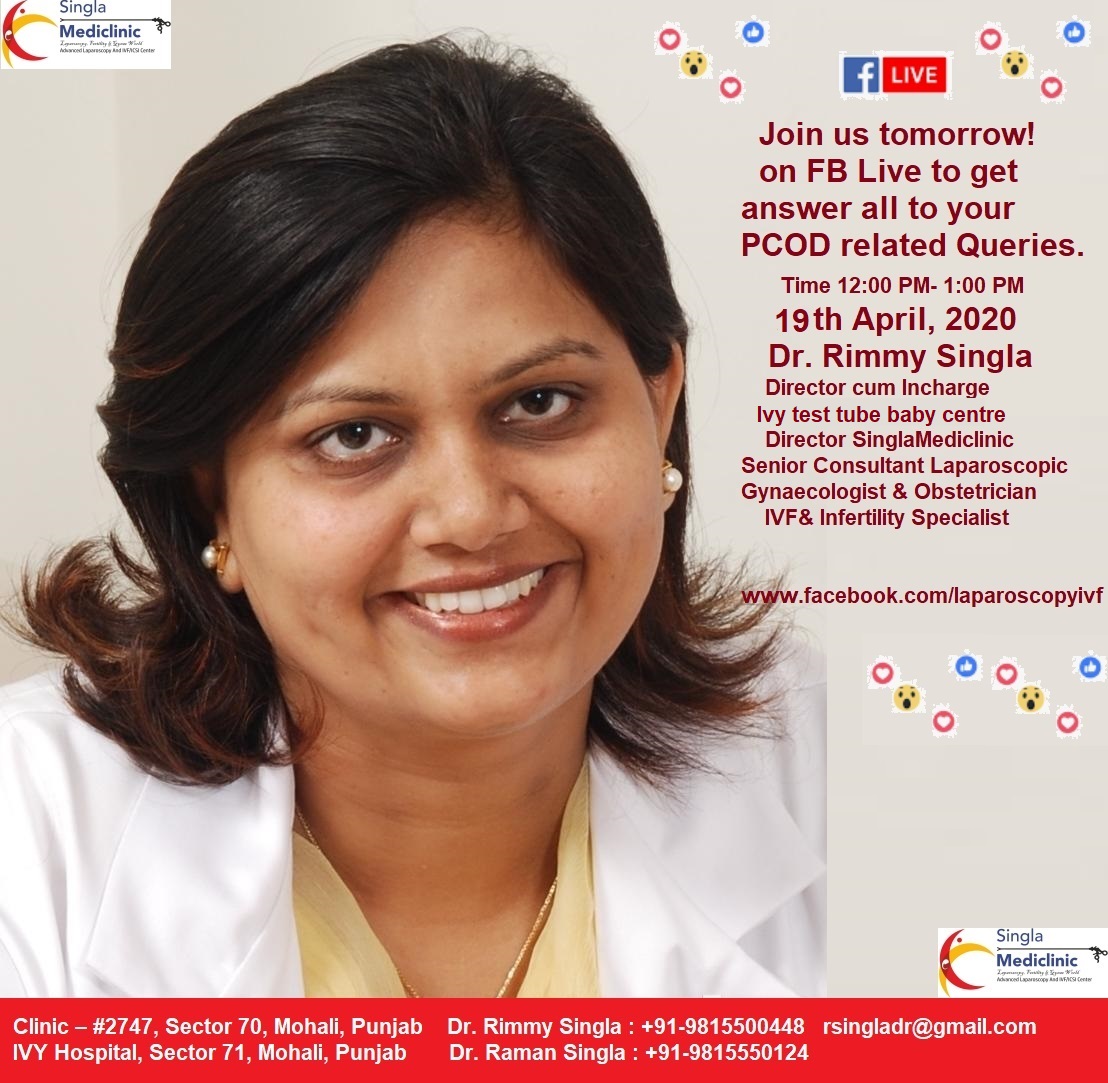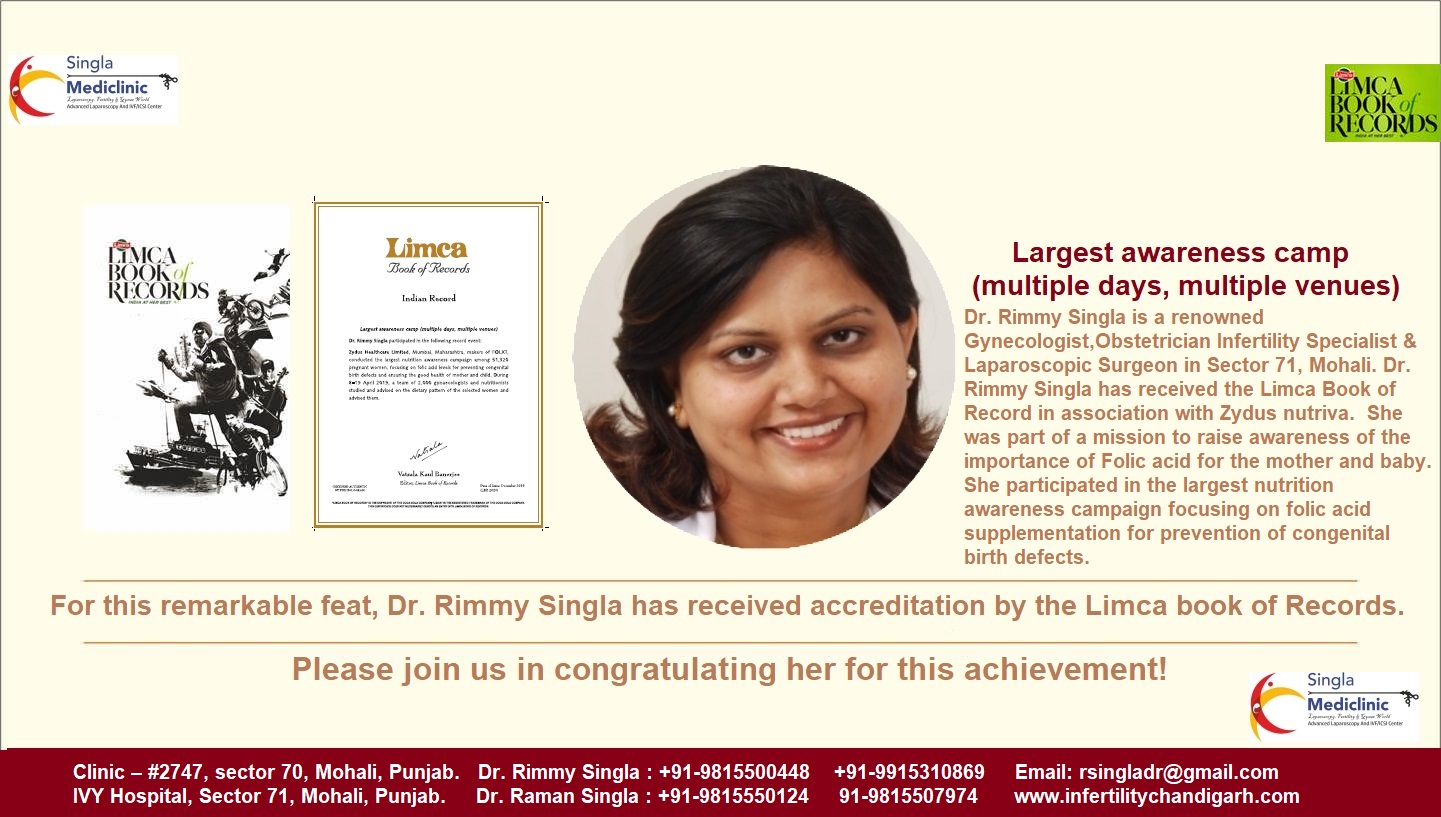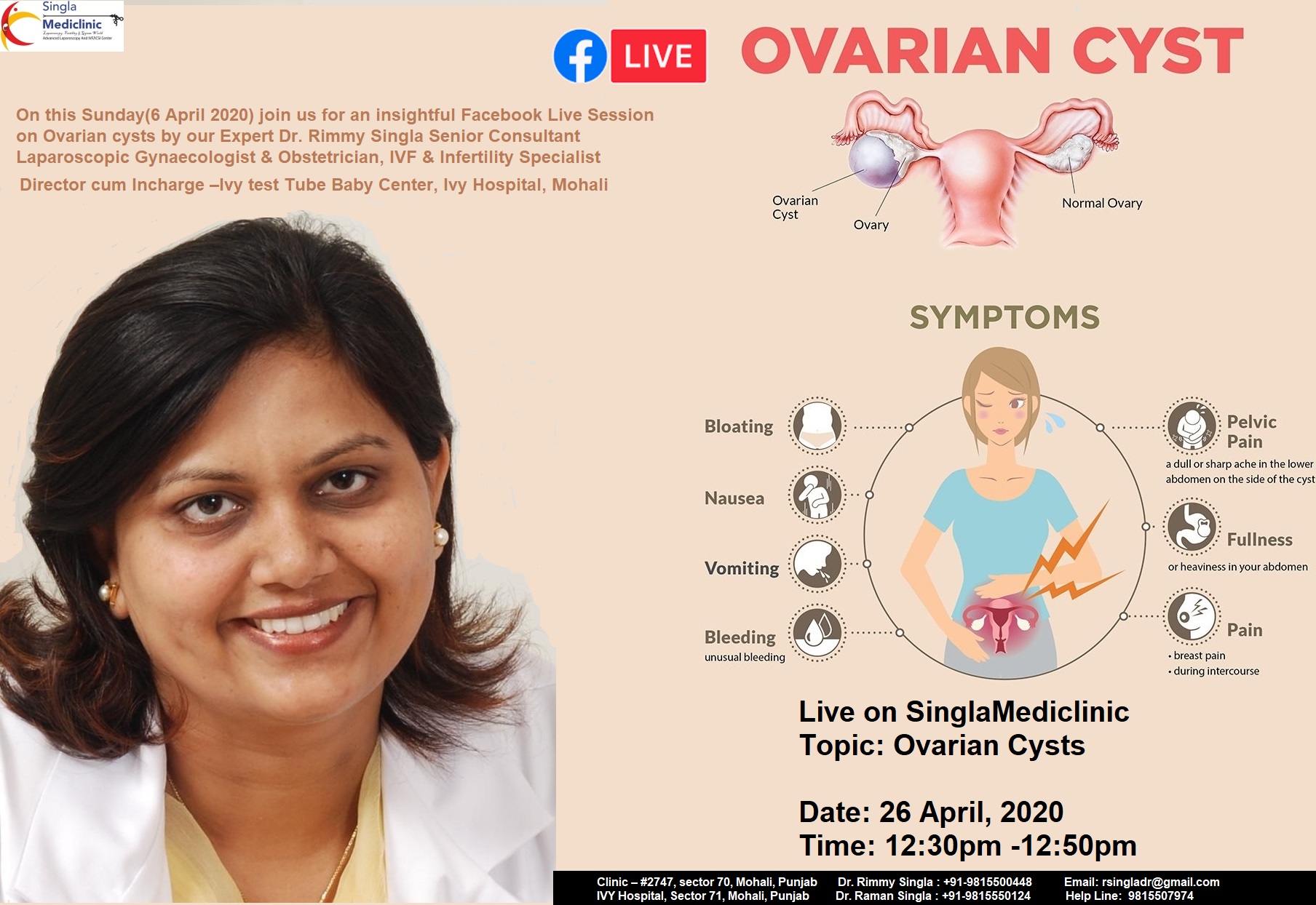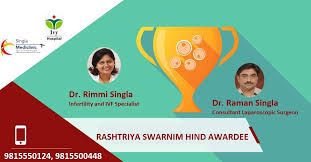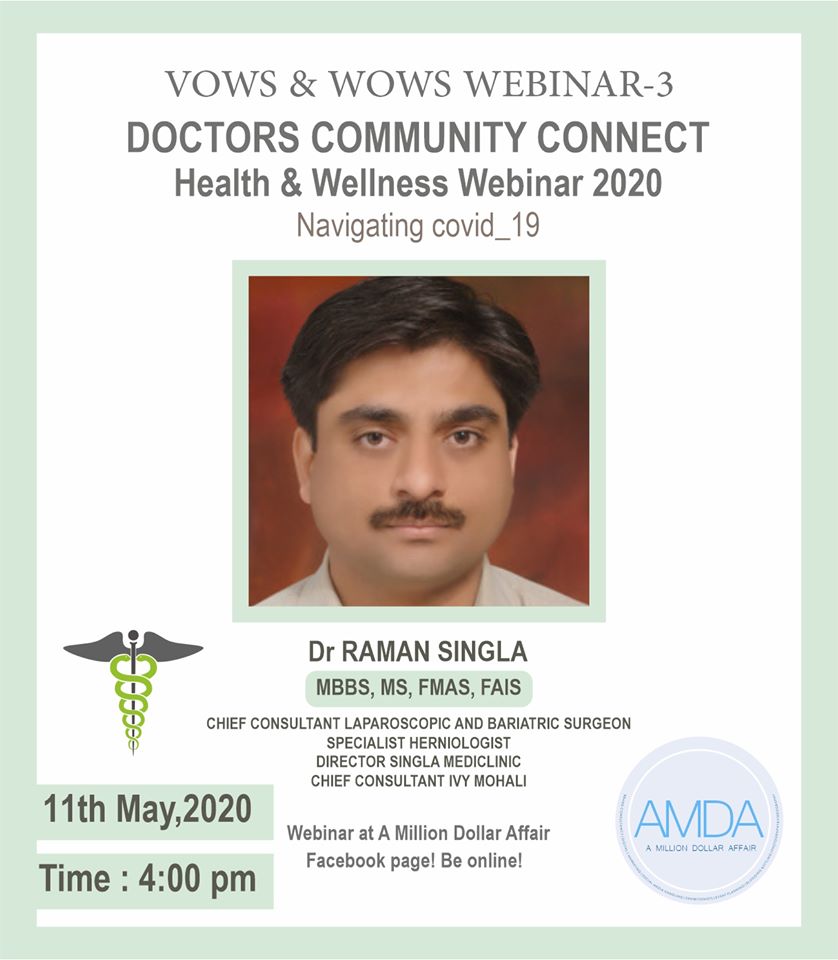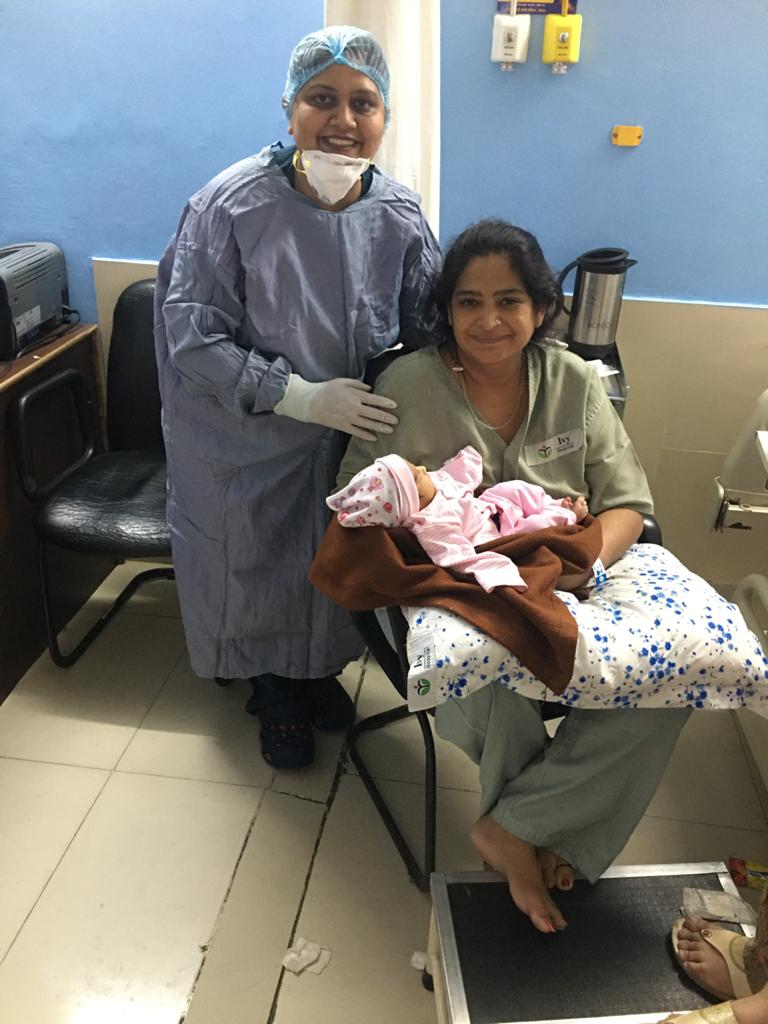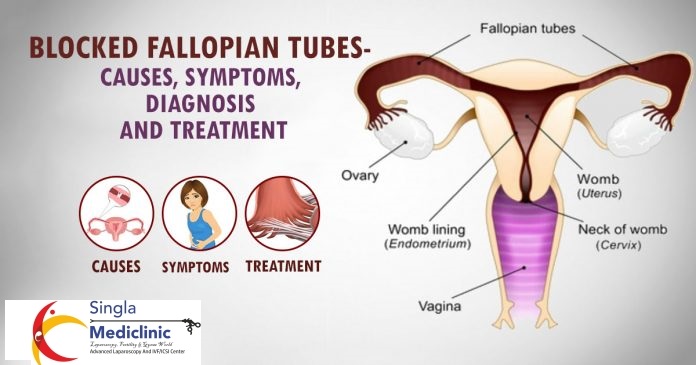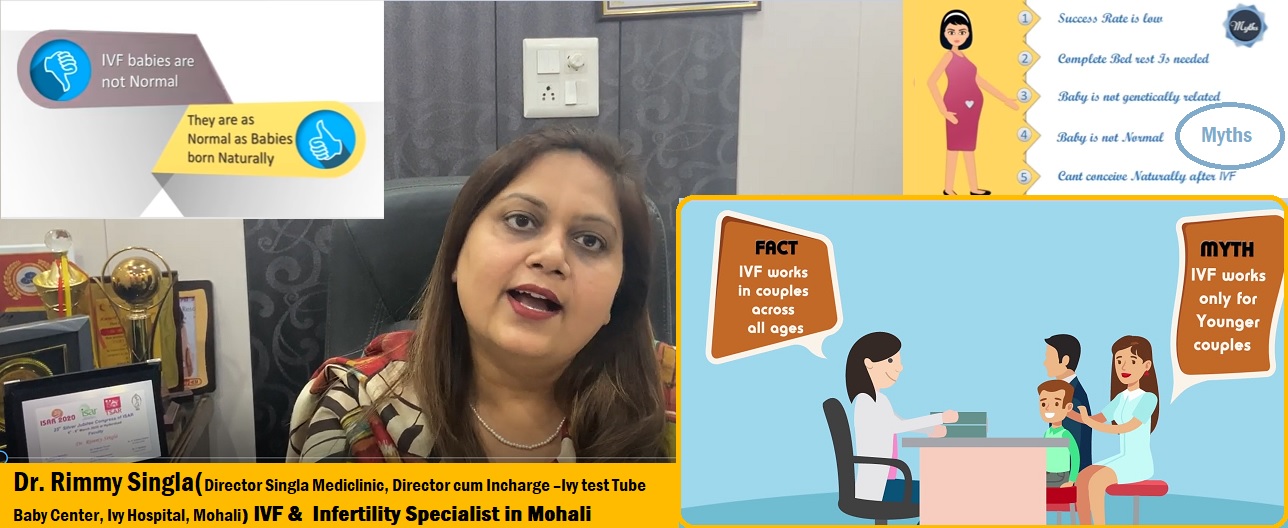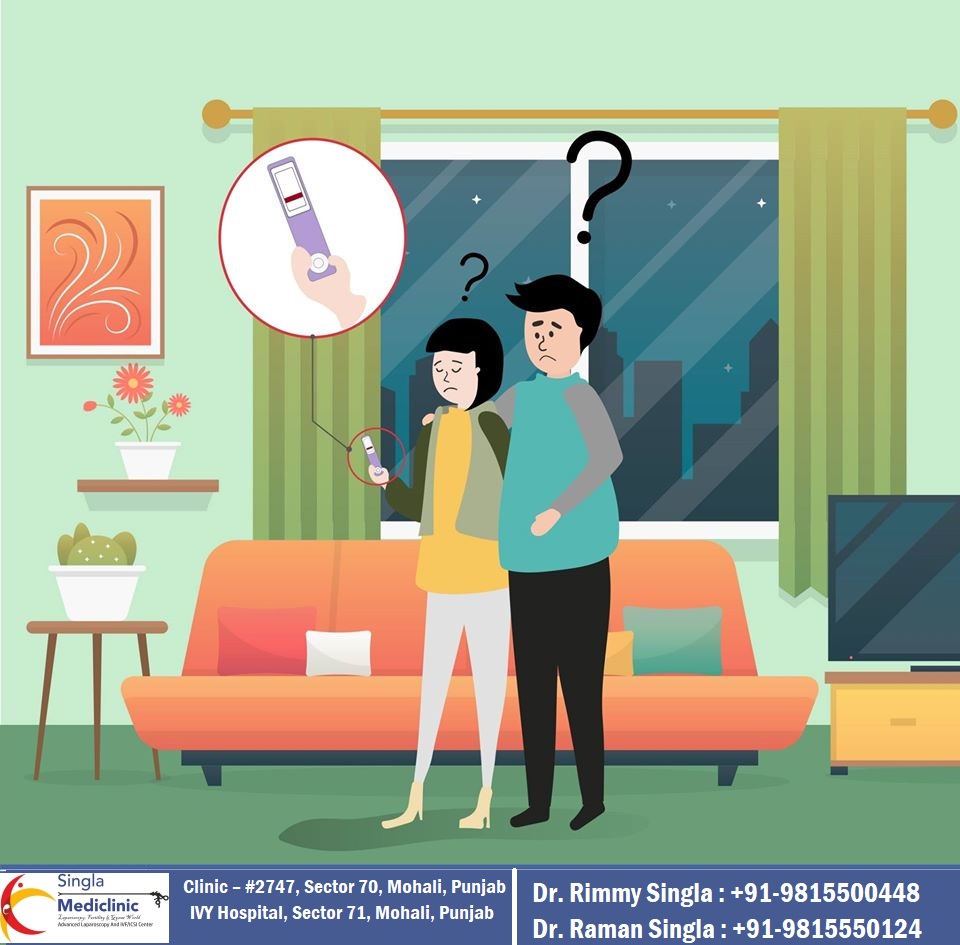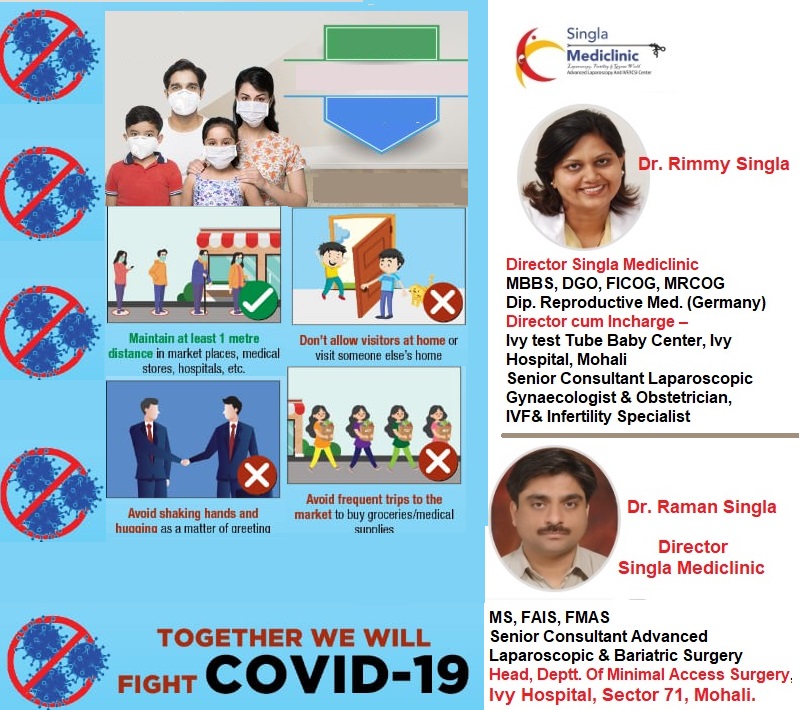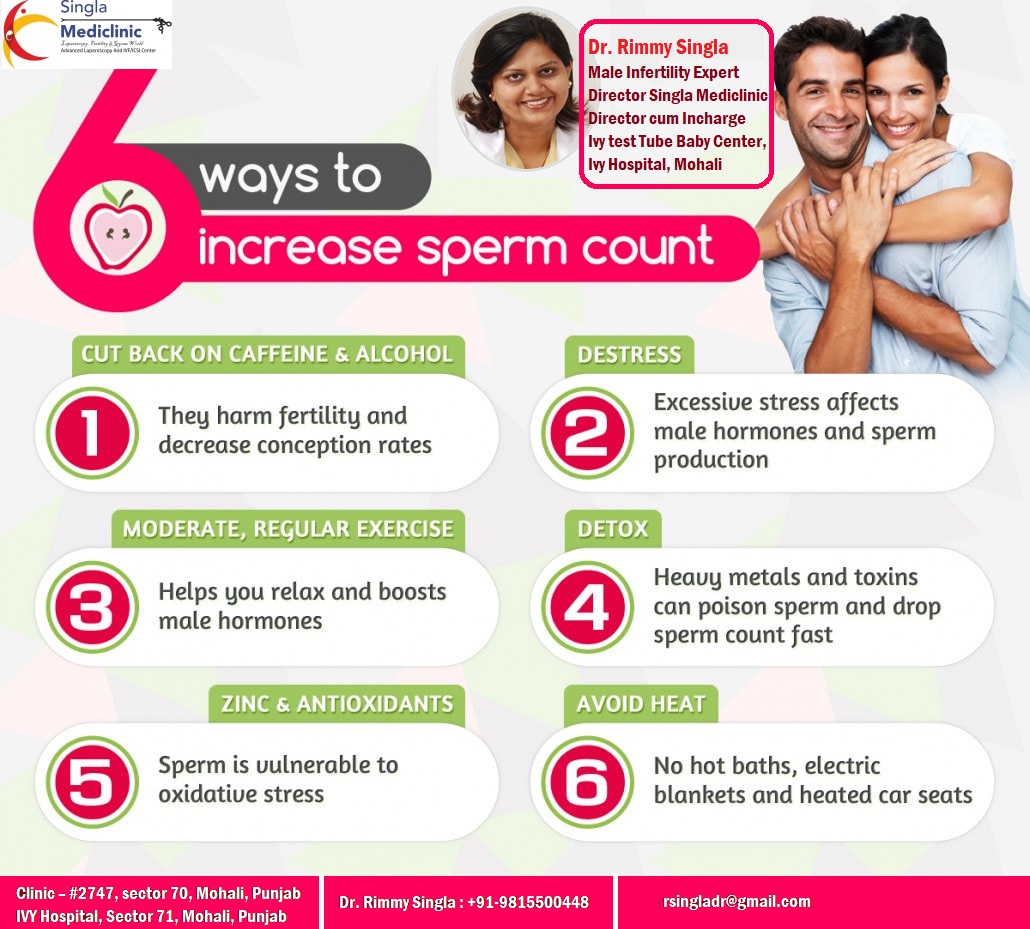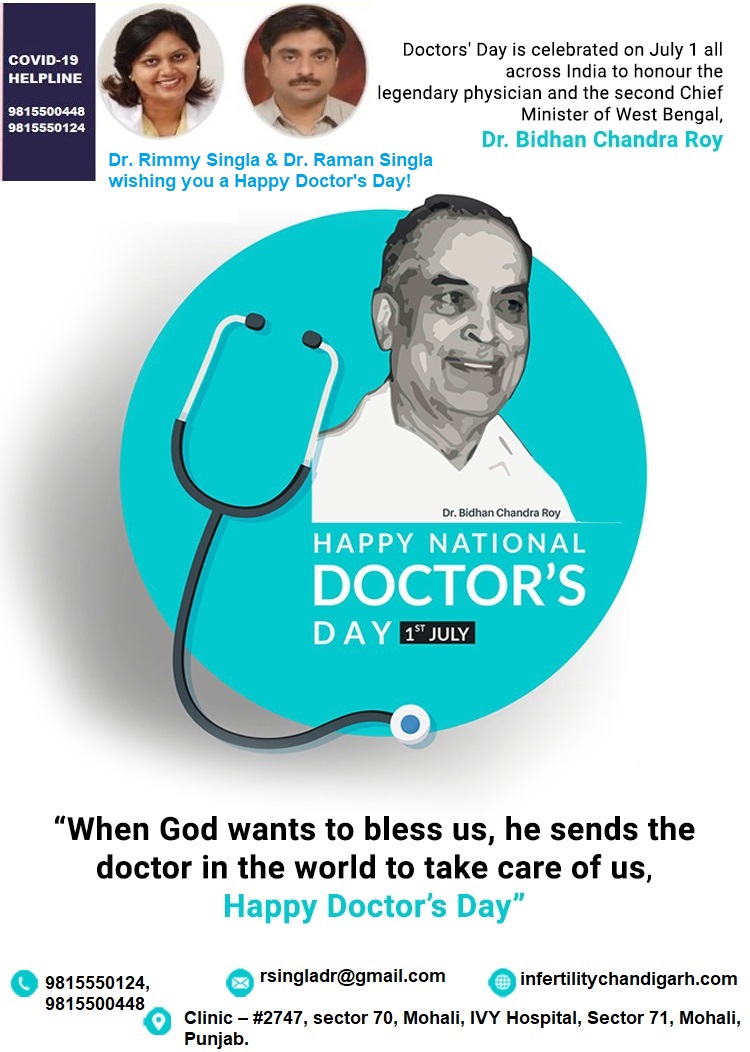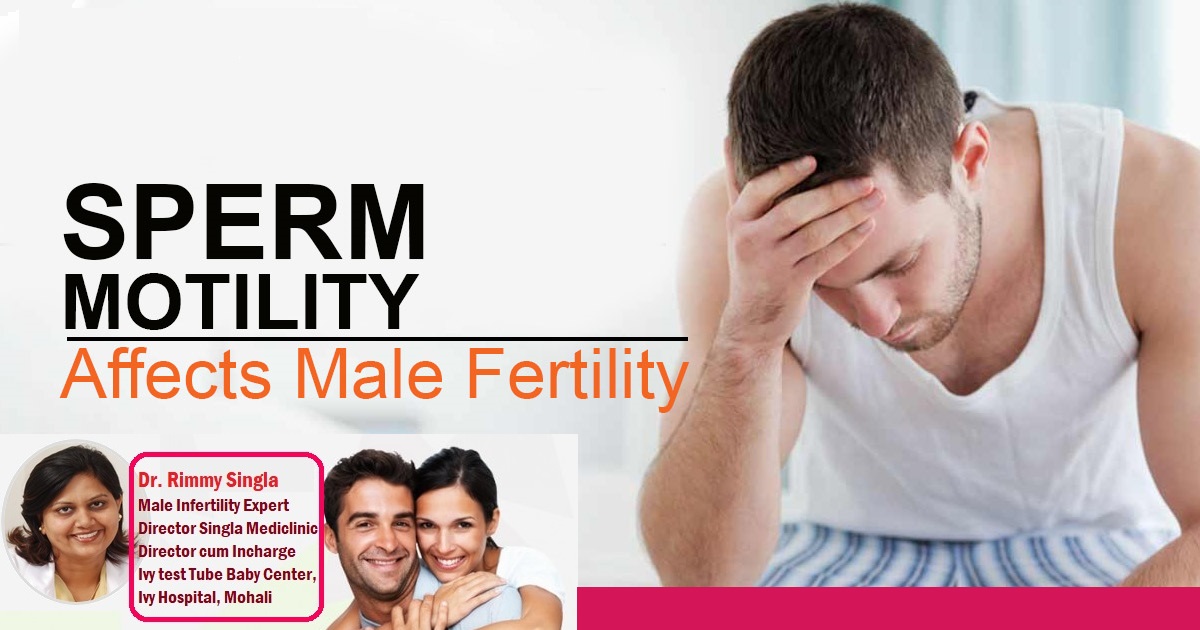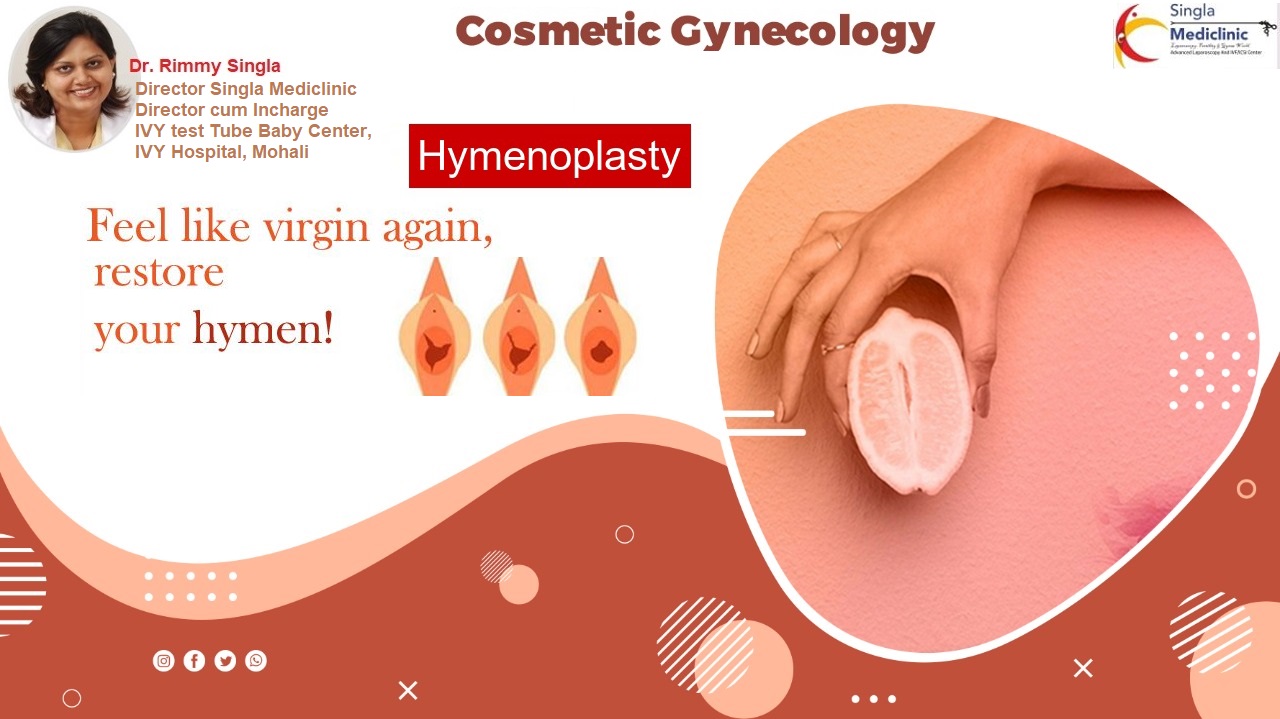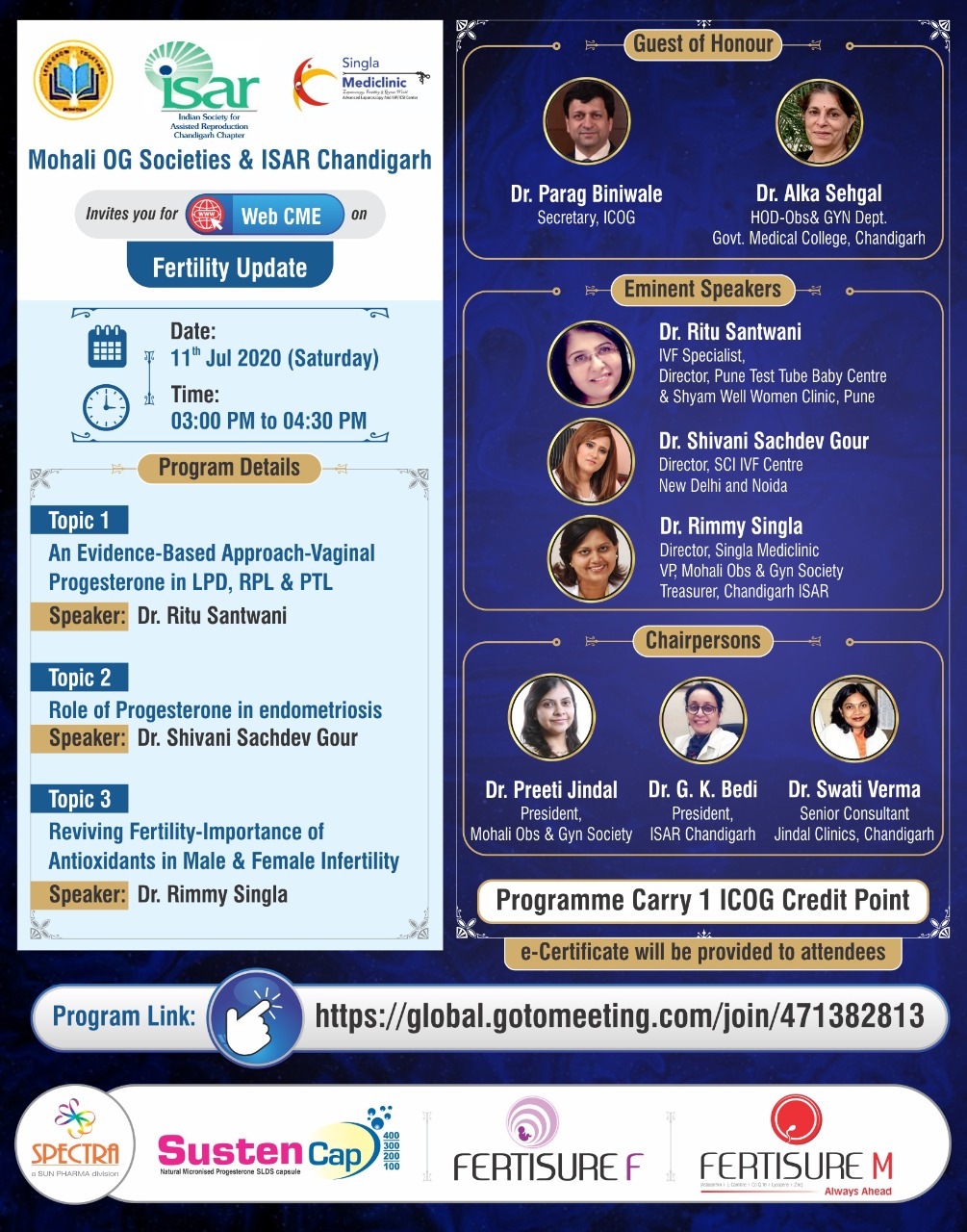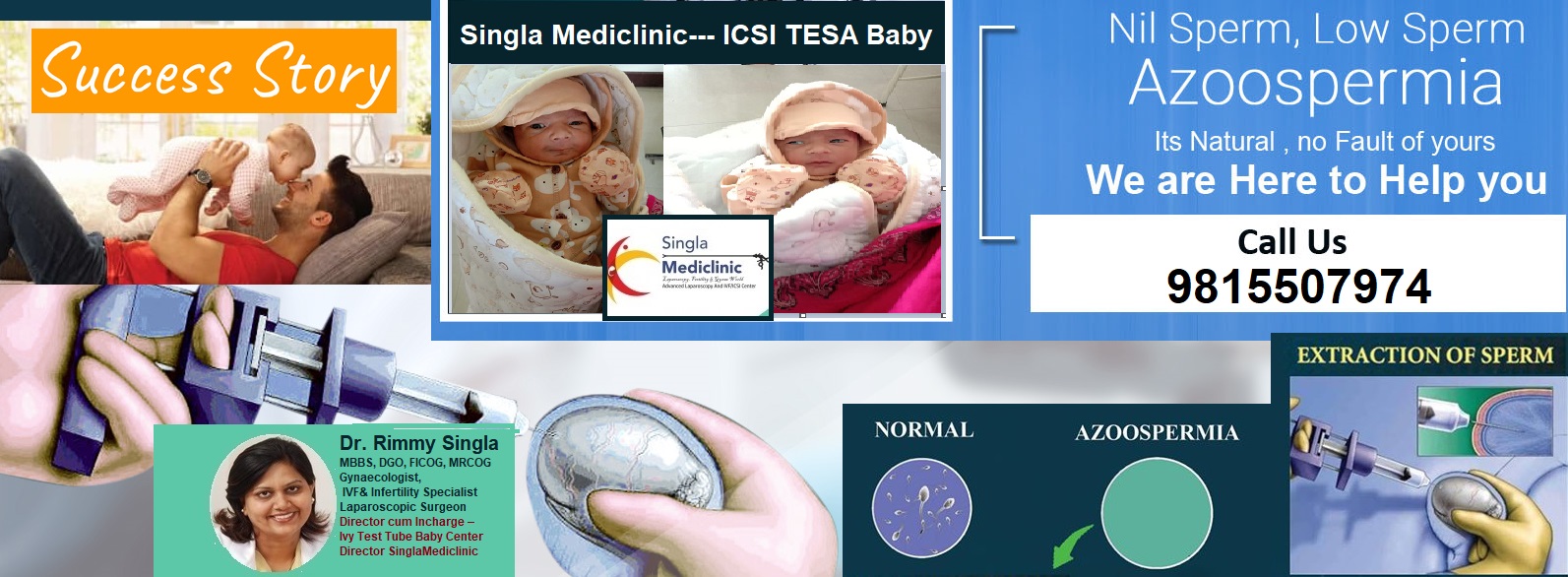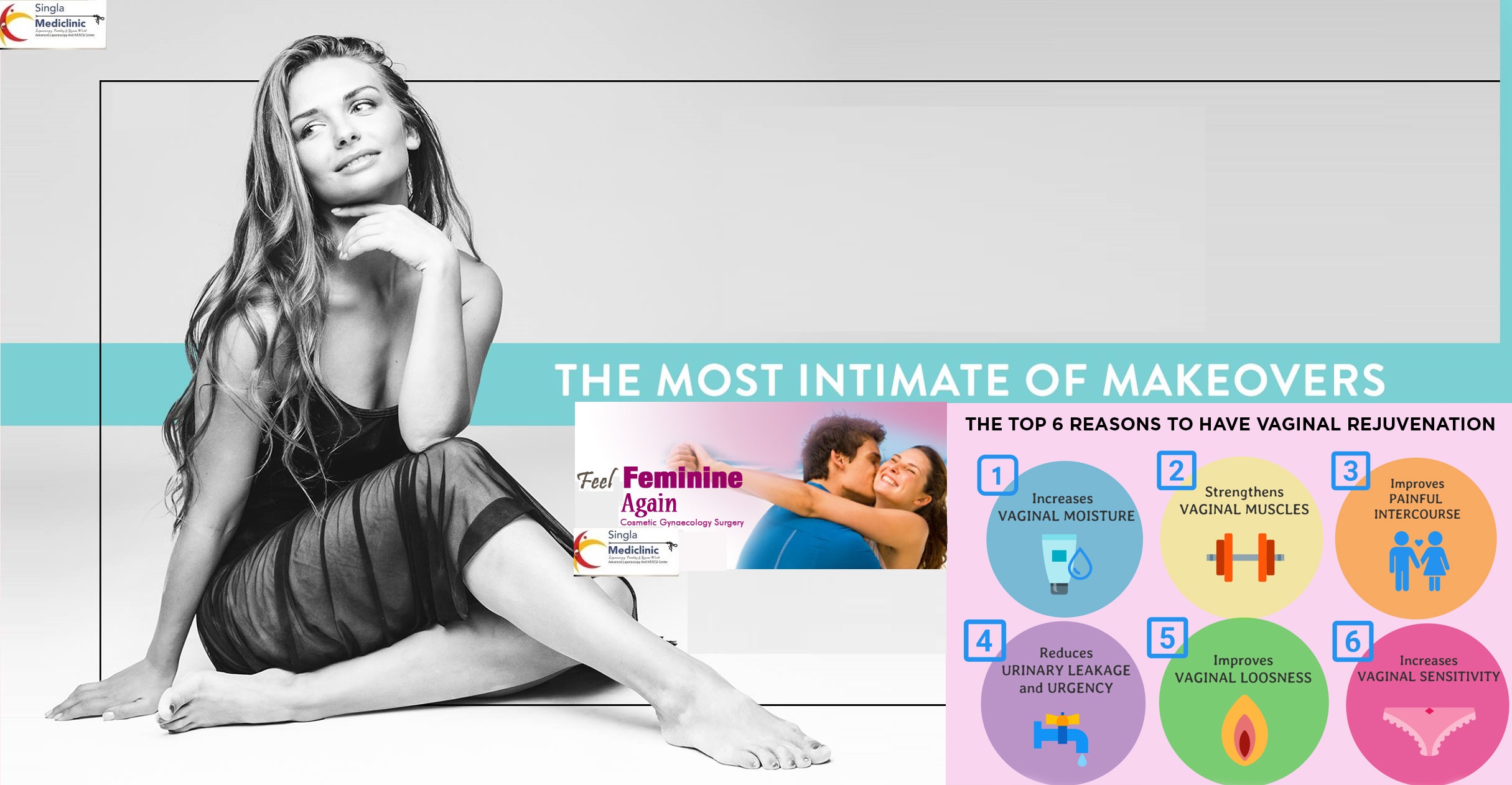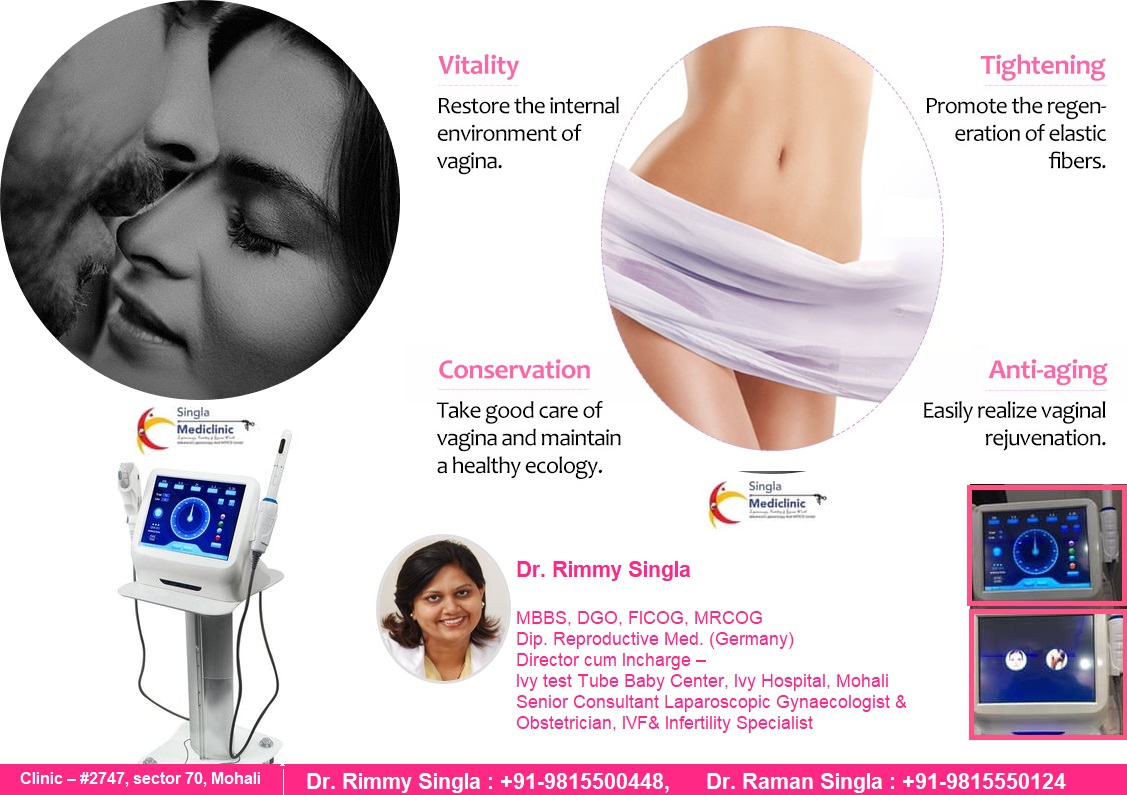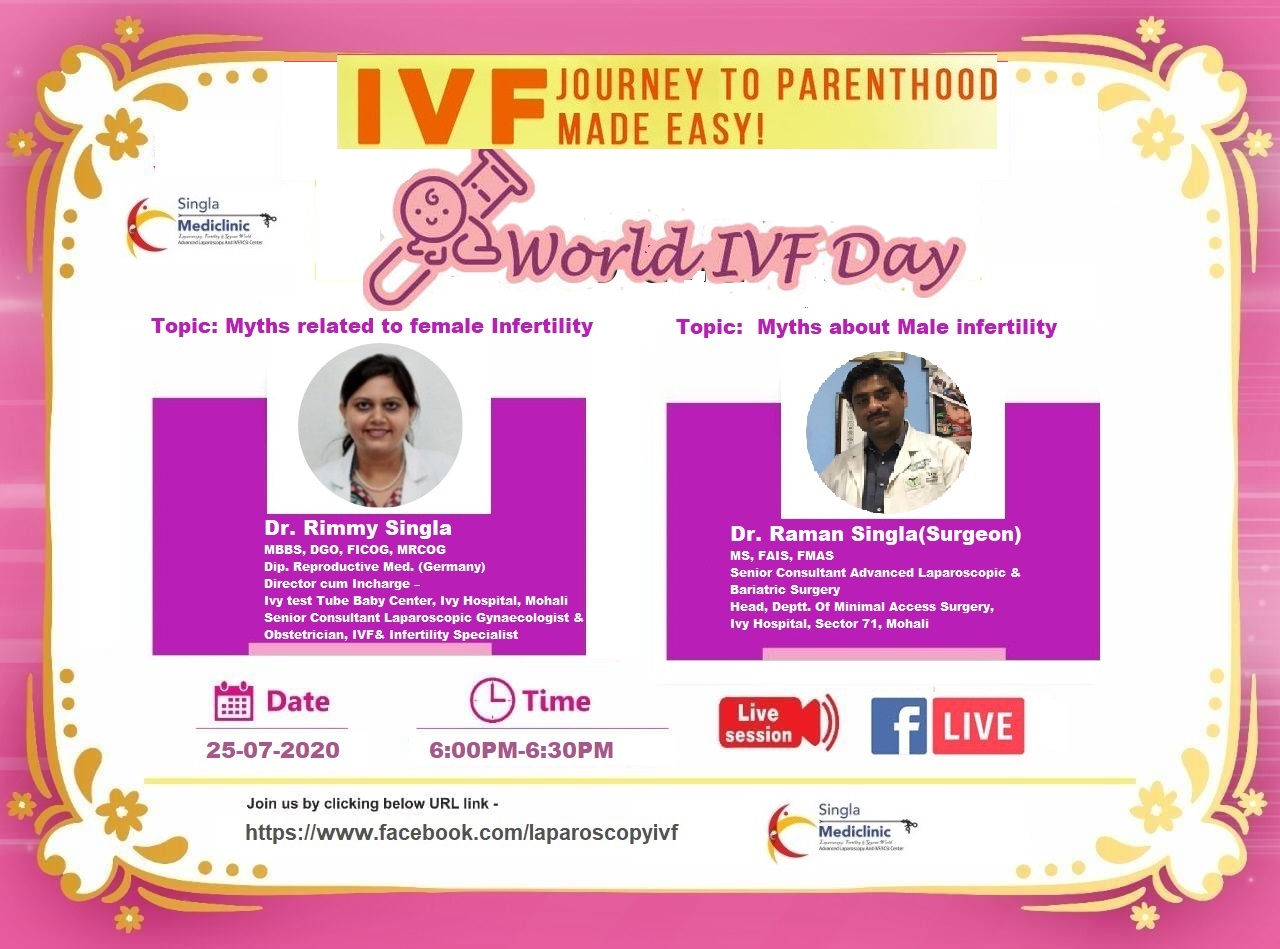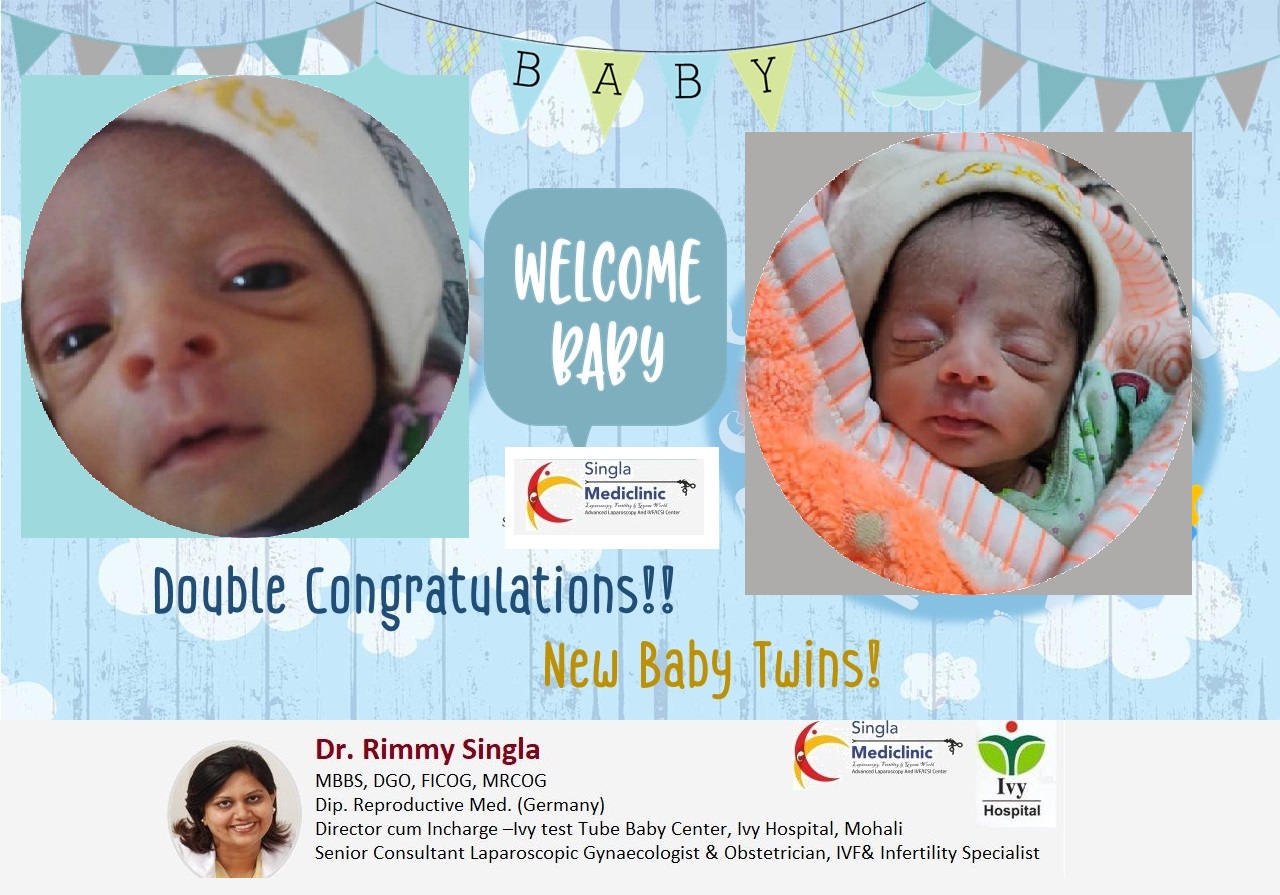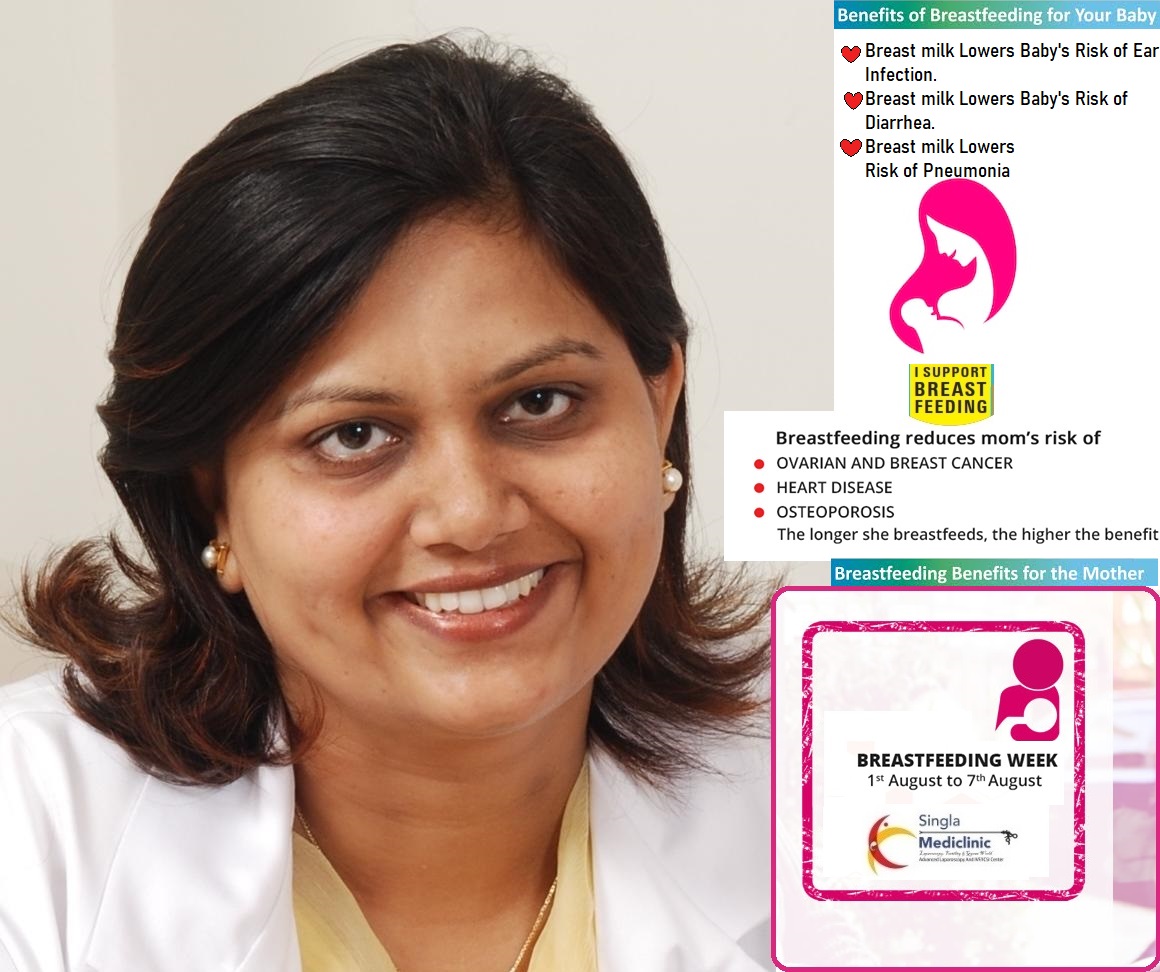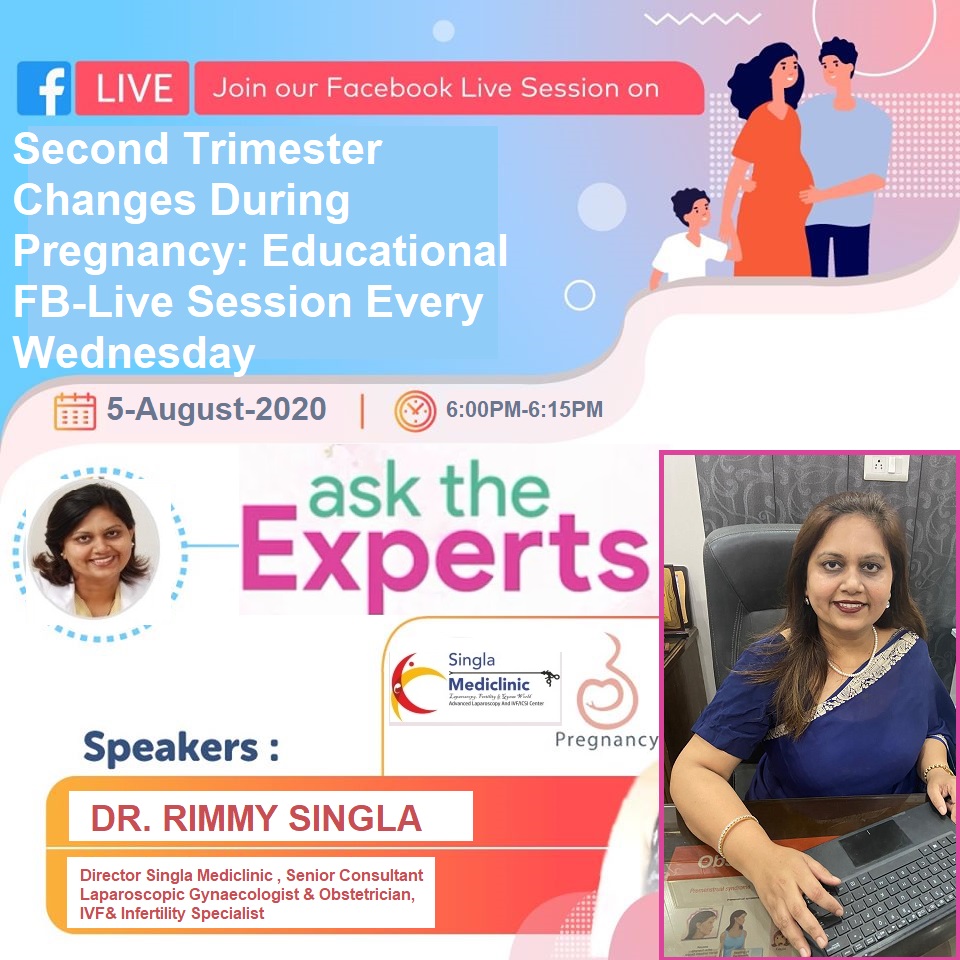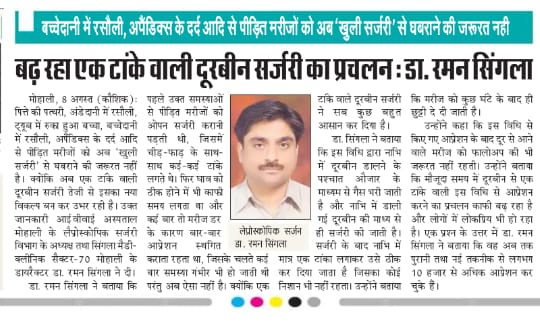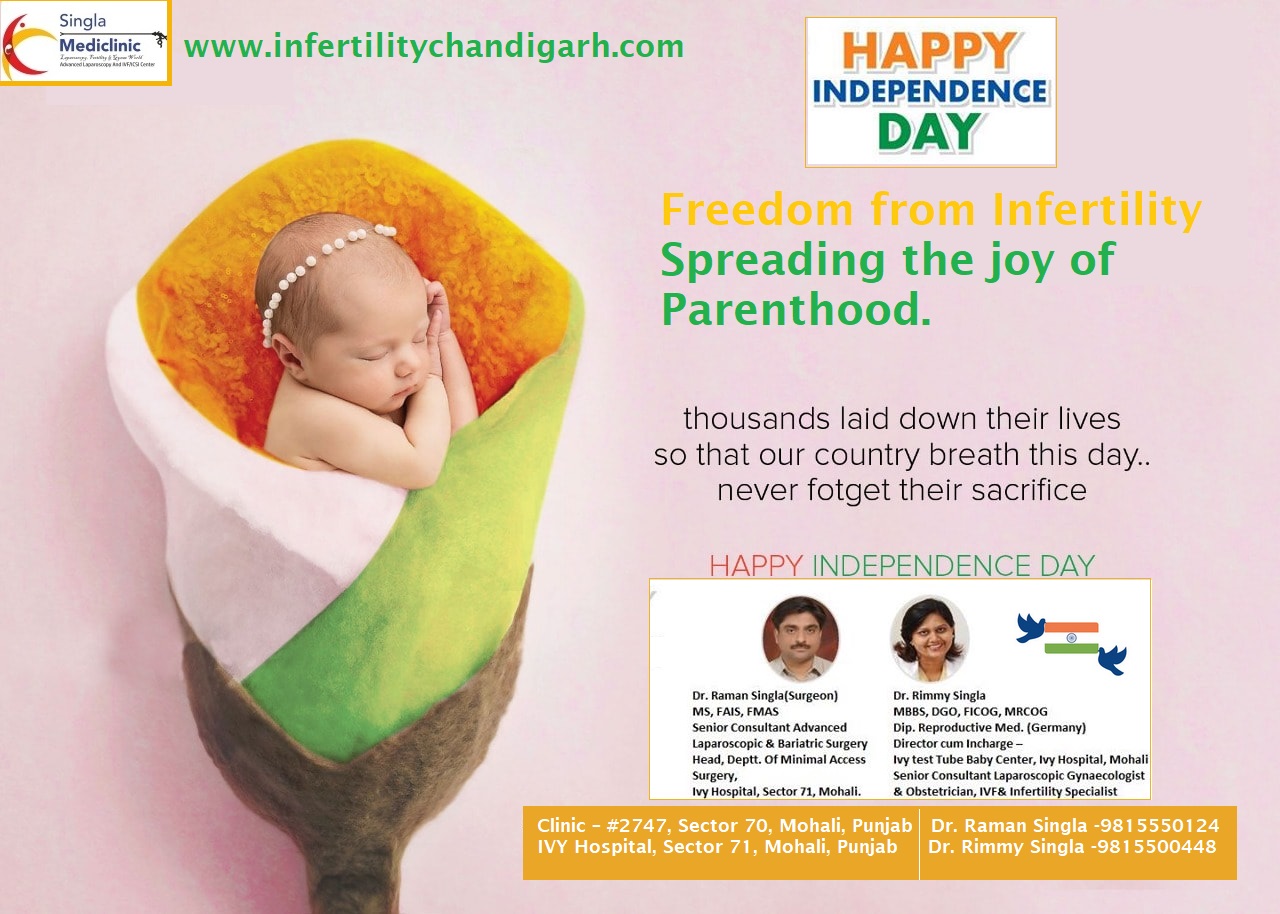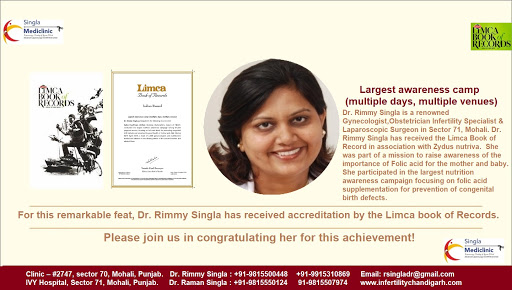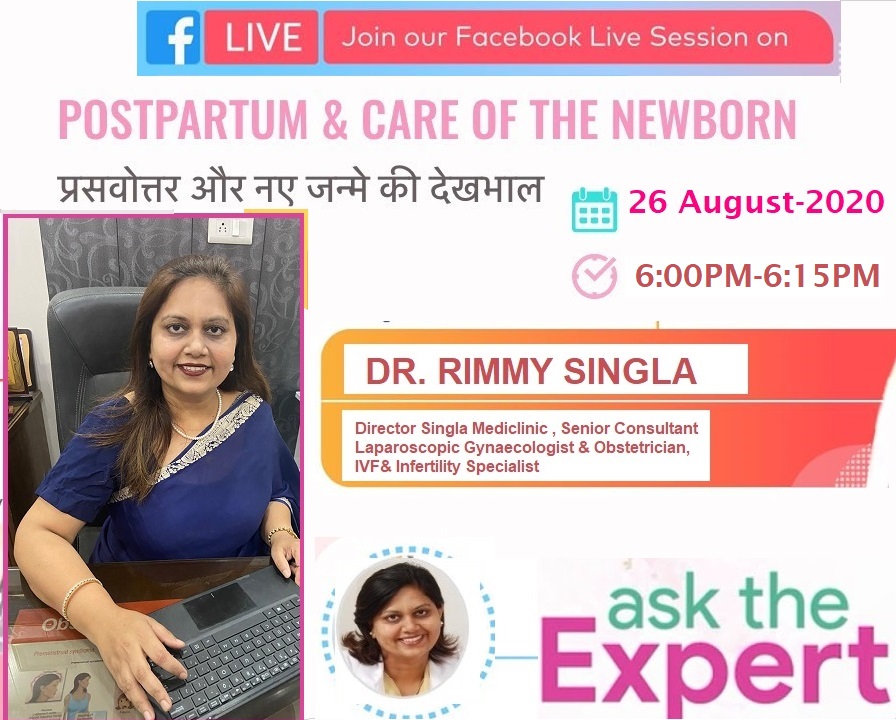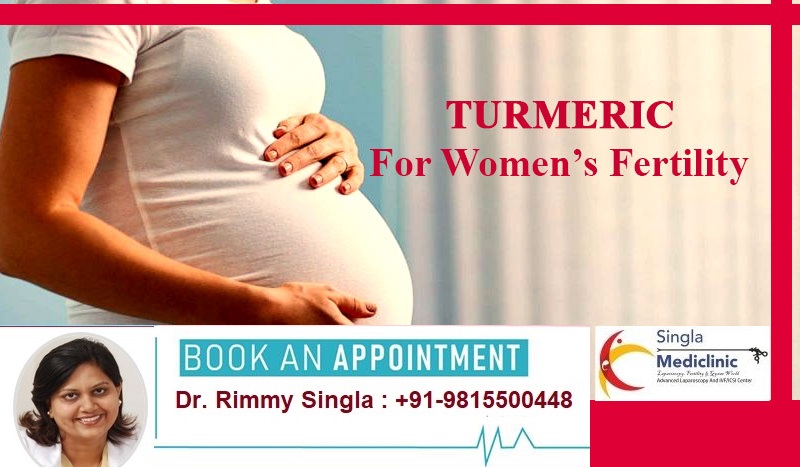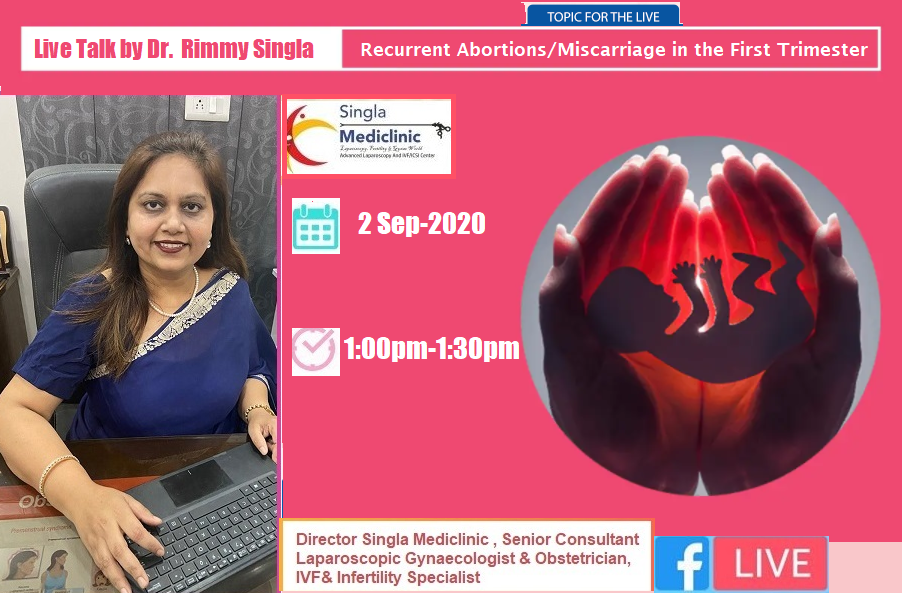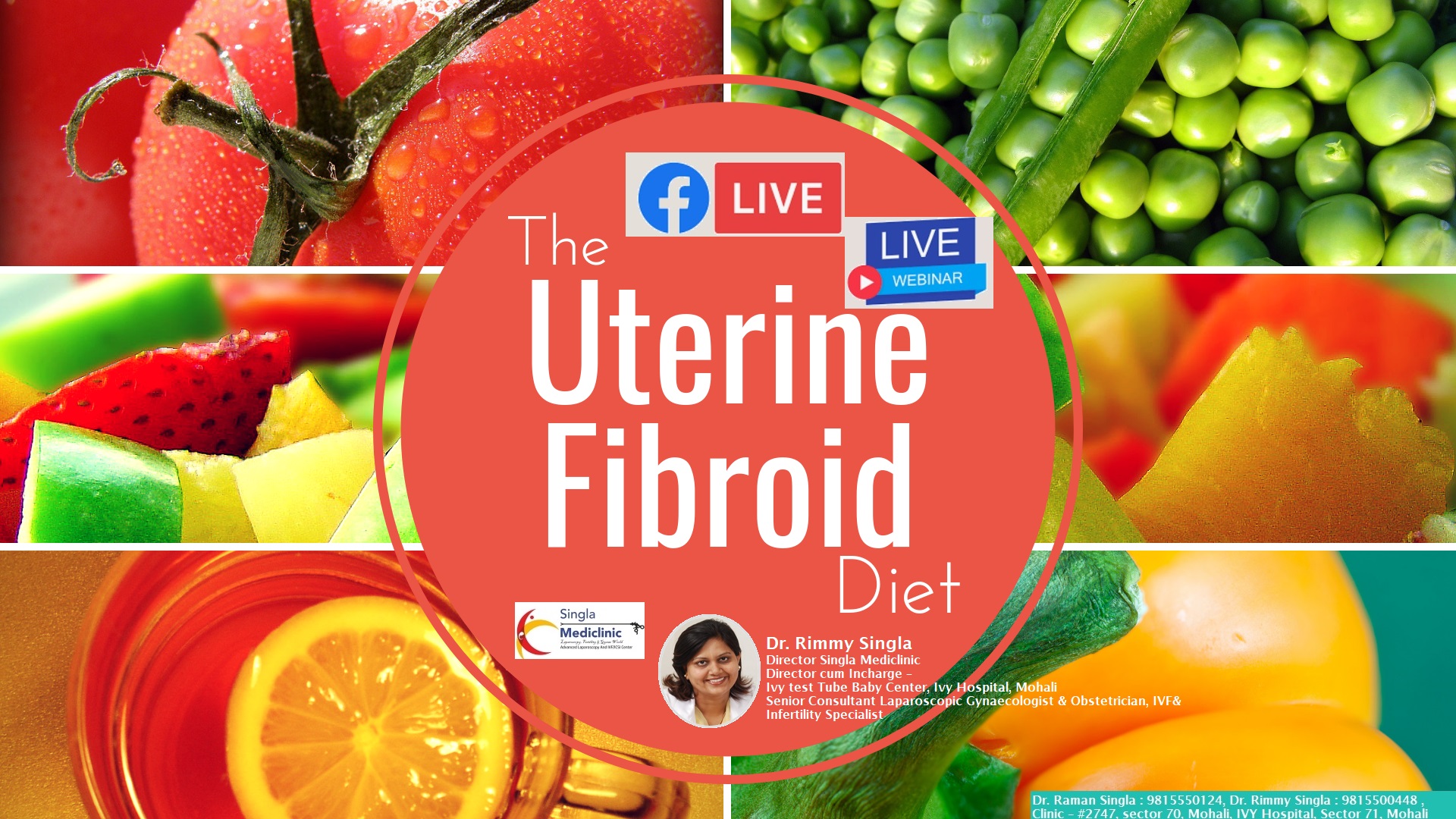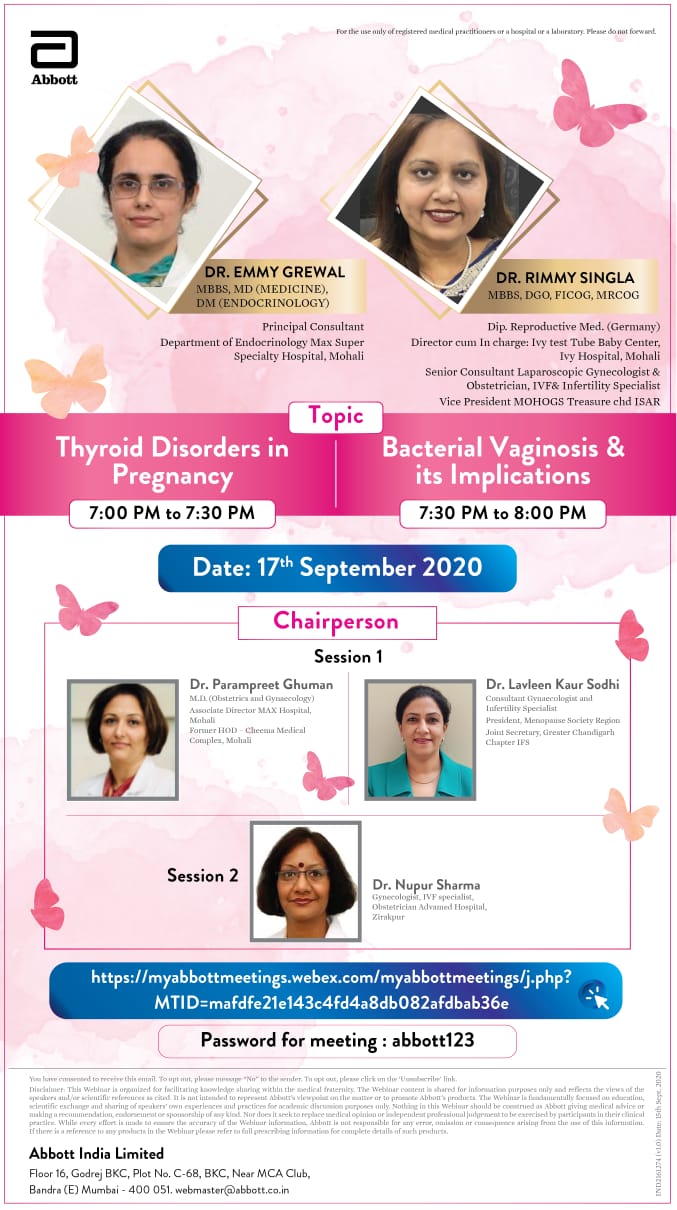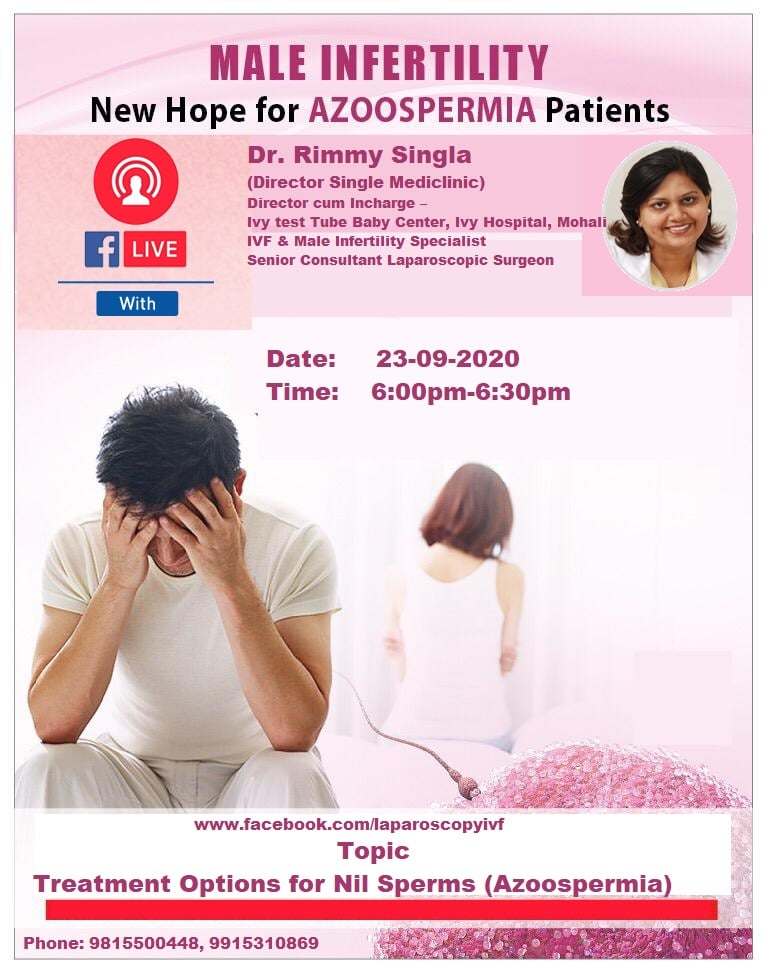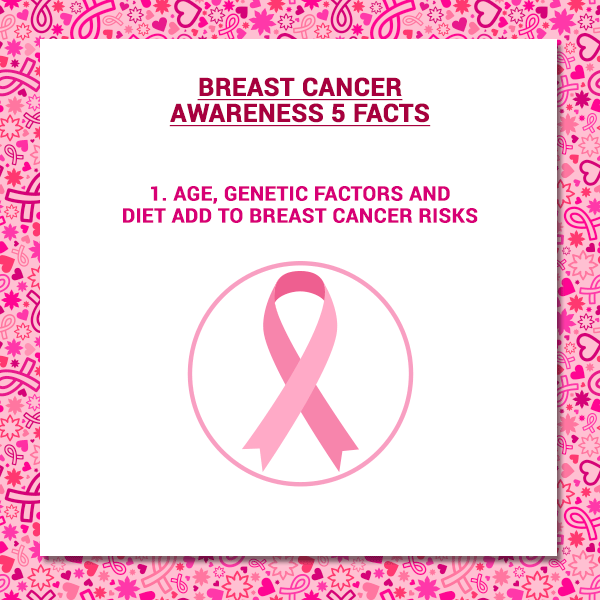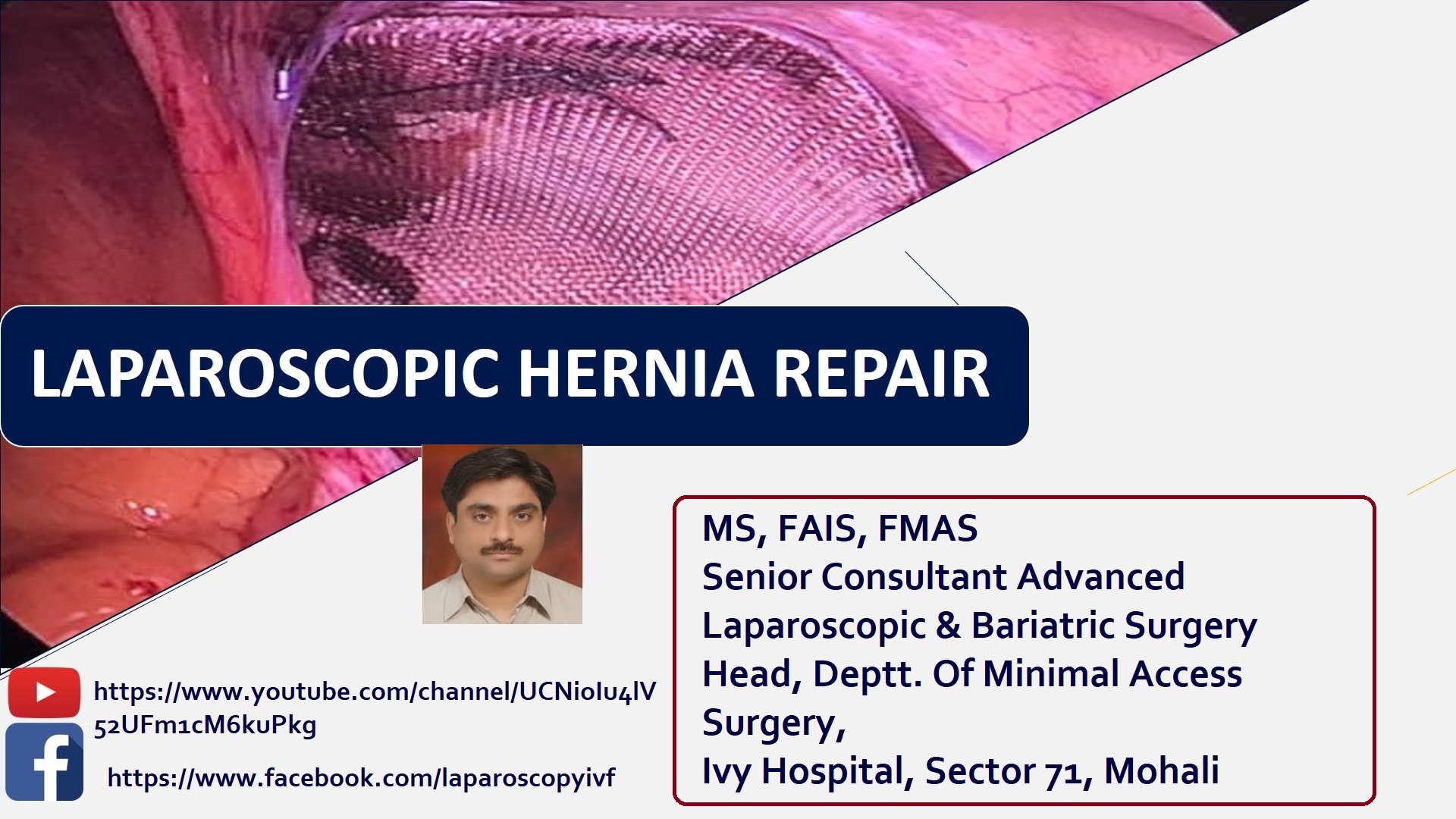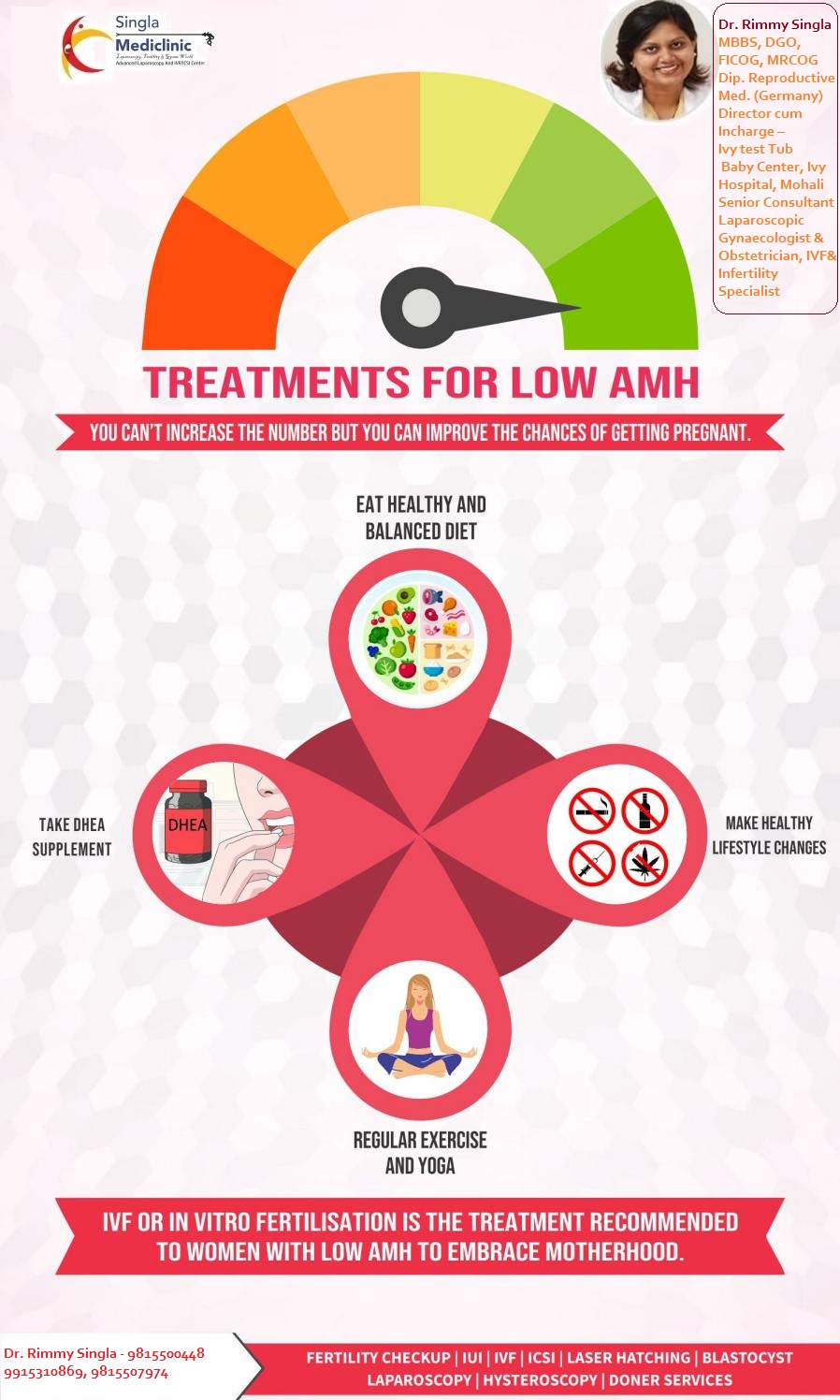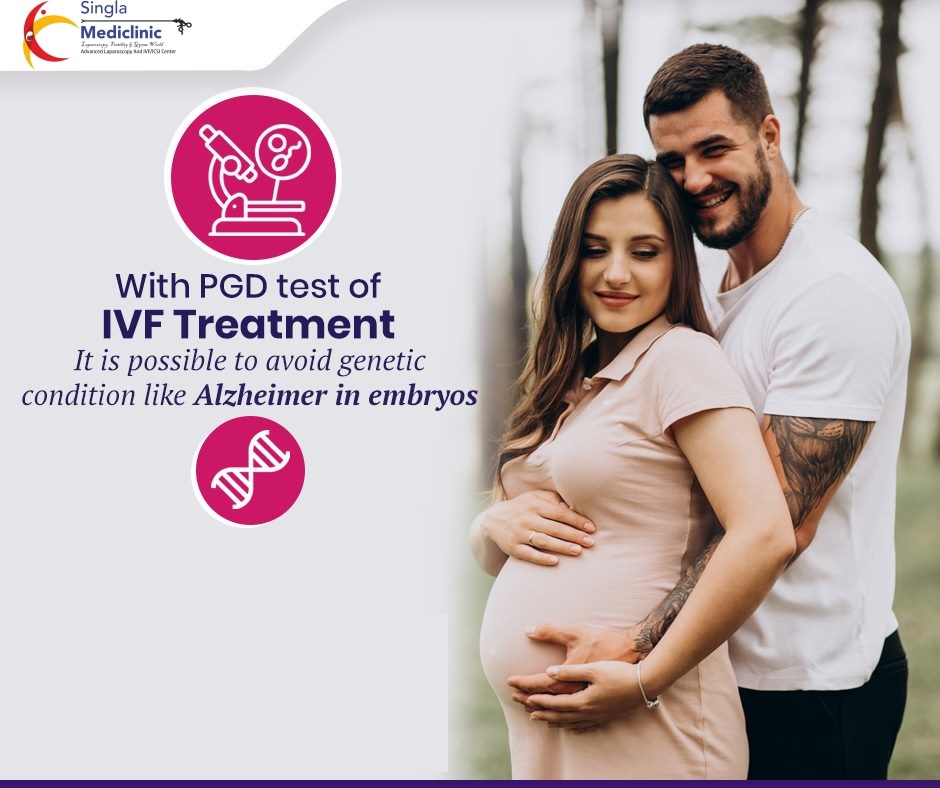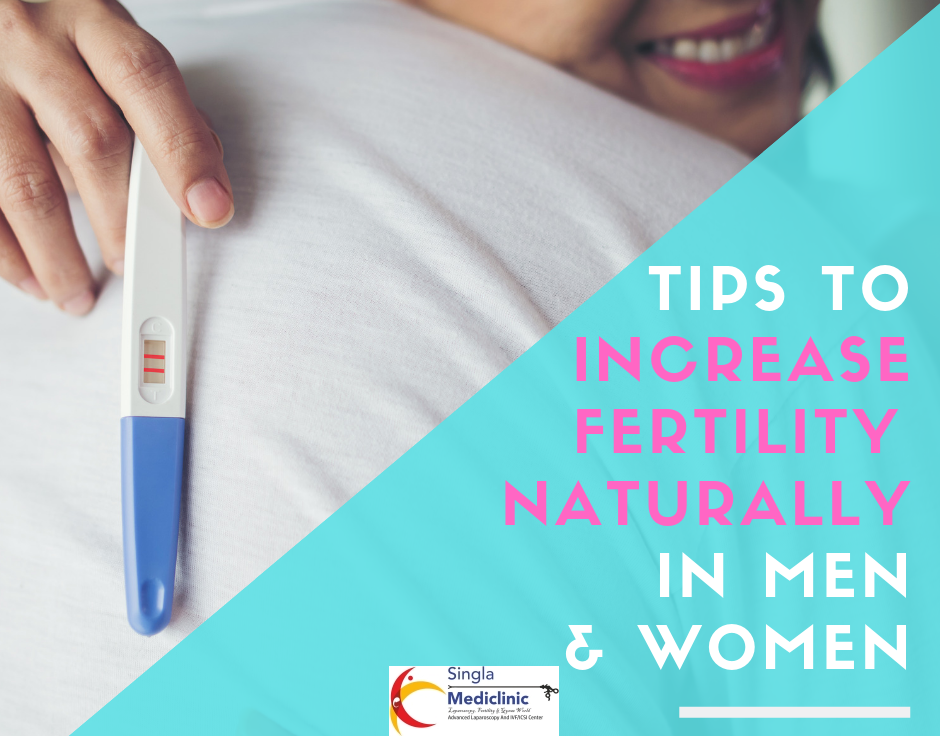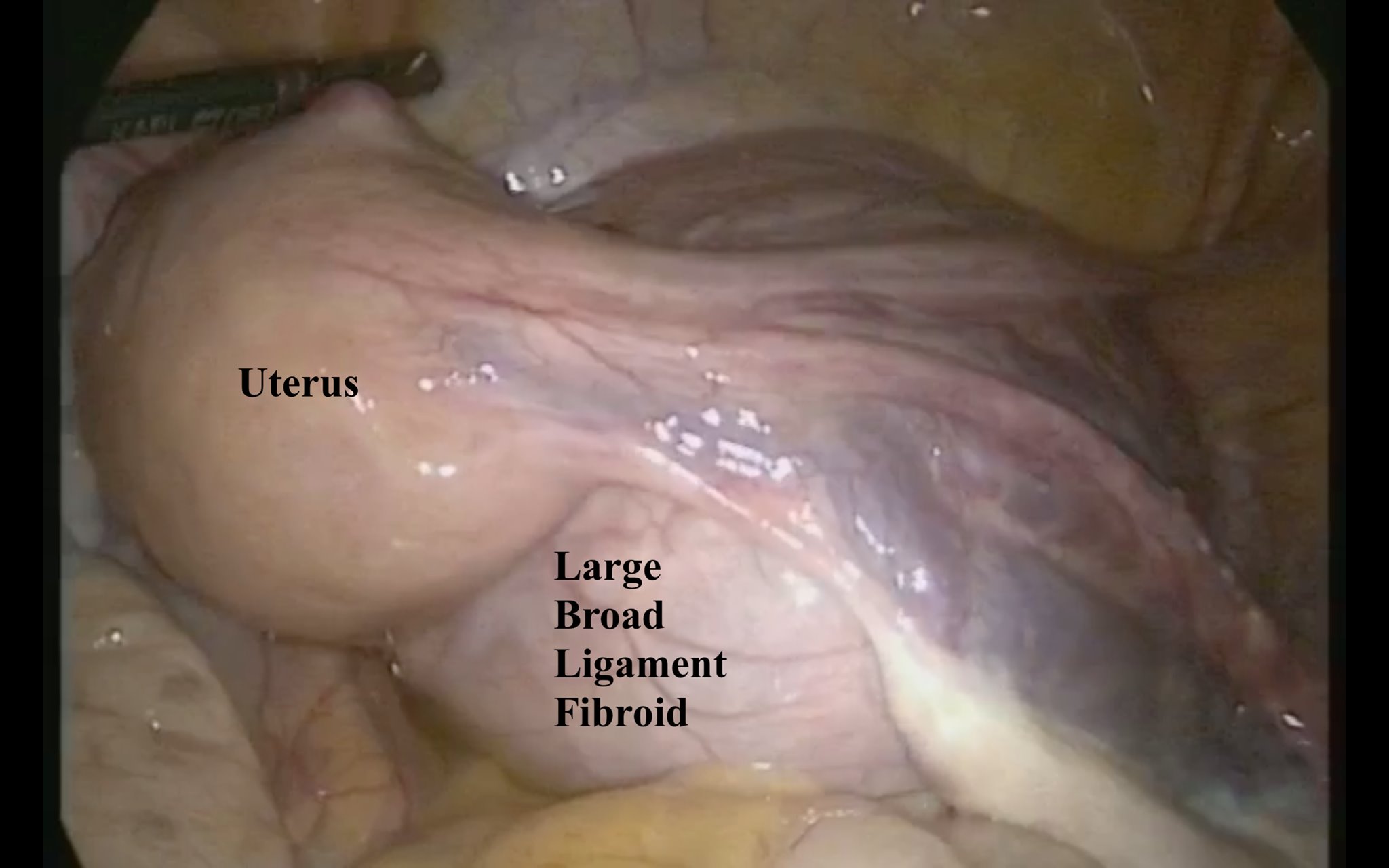Holistic care approach is an integrated approach to health care that treats the “whole” individual, not just symptoms and disease. Mind and body are integral and inseparable. Singla Mediclinic holistic care approach at clinic do more than just recognize and treat a precise disease. Dr. Rimmi Singla (best infertility specialist Mohali & Chandigarh)& Dr. Raman Singla(best laparoscopic surgeon in Mohali & Chandigarh) specialist Mohali are specialist to look at the various aspects of your lifestyle and health issues, and design a course of action to help you reach your optimum level of wellness.
Our skilled says “Holistic health isn’t solely involved with the absence of illness, however with a positive state of being. At Singla Mediclinic patients are not passive receivers of health care. Our thinking is that each person has a accountability for his/her own health and must be an active participant in his/her own healing. Patients are encouraged to be responsible for the daily care of their health through diet, exercise, lifestyle and attitudes about what creates wellness. We support our patients every step of the way, helping them to make suitable choices and take responsibility for their well-being.
Fertility and Pregnancy Frequently Asked Questions
Following are common questions about fertility and treatment options that many couples have.
- What is ovulation and why is it important to know when it happens?
Ovulation is when your ovary releases a mature egg. Your day of ovulation can vary from cycle to cycle and is different from woman to woman. An accurate way to identify your personal fertile days is to measure the changes in your fertility hormones. One of your key fertility hormones is Luteinising Hormone (LH), which is the most reliable indicator of ovulation happening within the next 24-48 hours. - What is my fertile period?
Your fertile period is a period of about 6 days running up to and ending on the day of ovulation. This period combines both the survival times of the sperm and the egg. Studies have shown that there is a rapid drop in the likelihood of conception after ovulation which suggests a short survival time for the mature egg. It is therefore important to determine the time of ovulation to maximise your chances of conception. - What fertility diagnostic tests should our fertility doctor perform?
Your fertility specialist should do the following:
• Blood tests to check reproductive hormone levels in the woman; estradiol (E2), progesterone, follicle stimulating hormone (FSH), anti mullerian hormone (AMH),luteinizing hormone (LH), thyroid hormone, prolactin, and probably male hormone levels.
• Whole semen analysis on the male partner
• Hysterosalpingogram (HSG), an x-ray or a Saline Infusion Ultrasound (also called a Sonohysterogram or SHG) to assess if the woman’s fallopian tubes are open
• Ultrasound to confirm the normal appearance of the uterus and ovaries in the woman - What Are the Fertility Figures?
About 25% of couples become expectant after one month of trying.
The typical success rate is 60% after six months.
The normal success rate is 85% after one year of trying. - How Can You Enhance Fertility?
Here are some chief steps couples can take to improve fertility.
• Don’t smoke.
• Limit alcohol and caffeine consumption. Limits should be one alcohol drink over a few days and one or two caffeinated drinks per day. Once pregnant, alcohol use should be stopped.
• Maintain a fit weight. A BMI 35 or less is suggested. Being overweight or obese can dramatically decrease the chances of getting pregnant. Cutting carbohydrate and sugar intake can help reduce weight and improve your chances for conception.
• Lessen your consumption of foods that are grown-up using pesticides or growth hormones.
• Eat a healthy diet.
• Involve in regular moderate exercise.
• Use a fertility monitor to trail the best time of the month to conceive. Mobile apps are existing that can help track ovulation. Ask your health care expert for recommendations.
• Couple should involve in unprotected sexual intercourse 2-3 times per week in an effort to enhance their chance for fertility. Although attempts can be made to better time the episodes of intercourse using ovulation predictor kits, basal body temperature charts or evaluation of the woman’s cervical mucous, the importance should be on trying to have two to three times of intercourse per week irrespective of cycle timing. This recommendation is based on the knowledge that normal sperm should be able to survive in a woman’s cervix and uterus for up to 3-4 days.
It’s significant to note that smoking, alcohol and caffeine ingesting, and a diet that includes foods grown using pesticides and growth hormones may affect male fertility as well.
“Infertility can be confusing, and people frequently ask questions because they want to know if they should seek help from a fertility specialist,” says Dr. Rimmi Singla , IVY Hospital Mohali & Singla Mediclinic. “The questions and answers above are intended to give some basic knowledge. Many couples put off seeing a fertility specialist when they are having trouble getting pregnant, but they are typically reassured after being diagnosed and starting a treatment plan.”
 9815500448
9815500448 